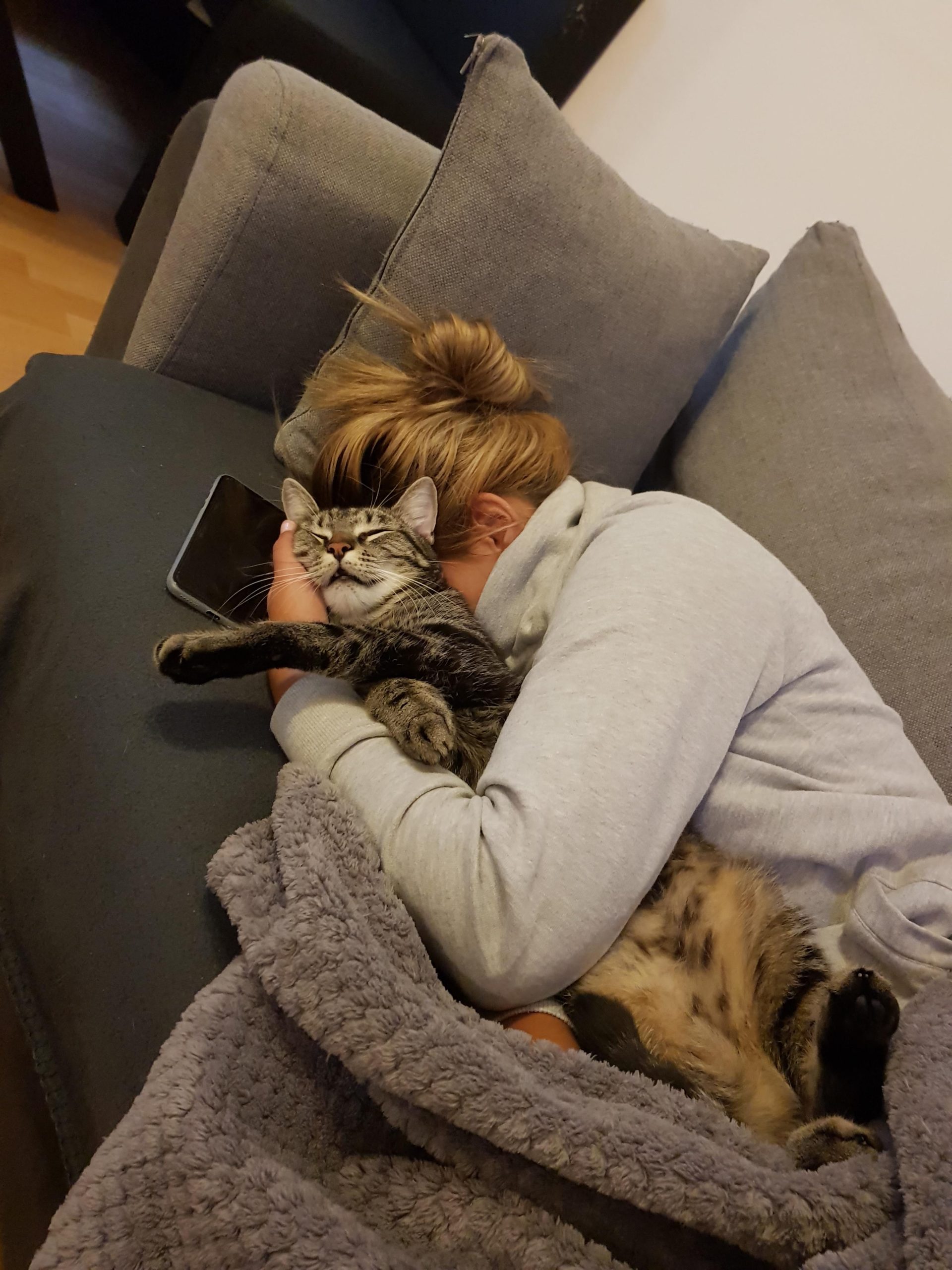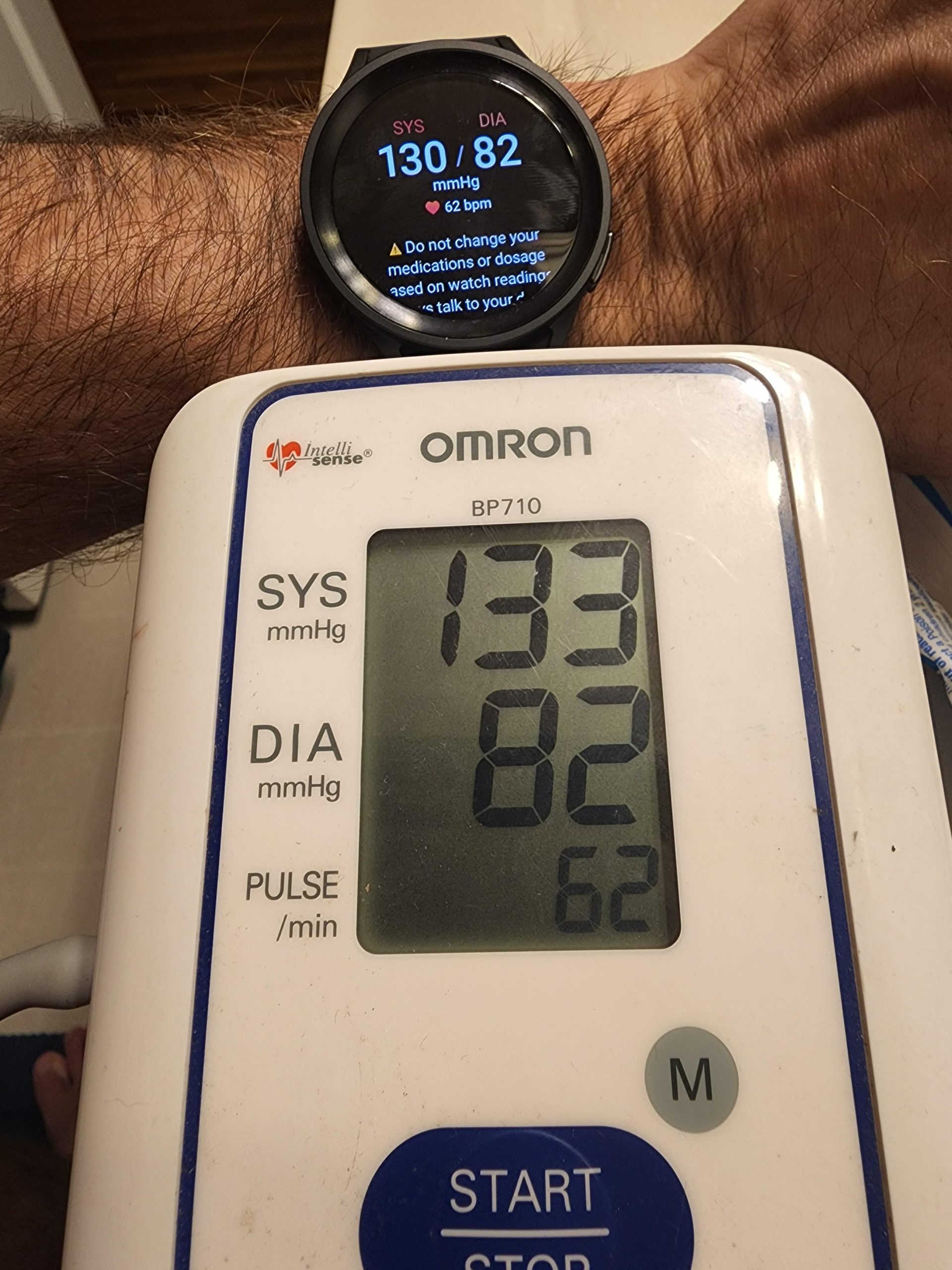
Warning Signs Of High Blood Pressure To Be Aware Of
Heavily drinking alcohol
 Image Source/Reddit
Image Source/Reddit
Not only does too many Bud Lights leave you with a sore head it also gives you a temporary high blood pressure. It's not always temporary though, drinking too much over time will give you permanently increased blood pressure. Keeping your intake low will be very helpful.Advertisement
You have a tight chest
 Image Source/Reddit
Image Source/Reddit
You have a high chance of having high blood pressure if you're struggling with a tight chest. The heart has to work harder to pump the blood around the body and this puts pressure on the chest. Any chest pain could be a sign to go and get checked out.Advertisement
Morning sickness
 Image Source/Reddit
Image Source/Reddit
Morning sickness isn't only a sign you're pregnant! High blood pressure puts so much strain on your heart that oxygen finds it harder to get to your brain. When you have less oxygen in the brain when you wake up you'll have a high chance of vomiting.Advertisement
You are feeling a lot of nausea
 Image Source/Reddit
Image Source/Reddit
Nausea is a big sign your blood pressure is too high. When you're trying to get on with your day with high blood pressure you don't have enough oxygen to carry out your tasks. Having less oxygen can give a constant feeling of nausea that just won't go.Advertisement
You're vision has gotten worse
 Image Source/Reddit
Image Source/Reddit
It's nothing to ignore if your vision has started getting worse. High blood pressure damages the blood pressure in your retina which leads to your eyes becoming worse. It's so important to get an eye exam if you see this effect and get your blood pressure levels sorted.Advertisement
You have the worst headaches
Image Source/Reddit
Always have a headache ruining your plans? It's likely that this pressure on the cranium is causing these headaches. Malignant hypertension is caused by high blood pressure and this leaves pressure on the head. A pulsing headache is a prime sign your blood pressure is too high.Advertisement
There's a buzz in your ear
 Image Source/Reddit
Image Source/Reddit
That annoying ringing noise keeping you up all night? Having high blood pressure makes the blood move through your veins with a lot more force. Your sensitive ears can't take the pressure and this means that tinnitus is so much more common, which brings the ringing noise.Advertisement
Blood In Urine
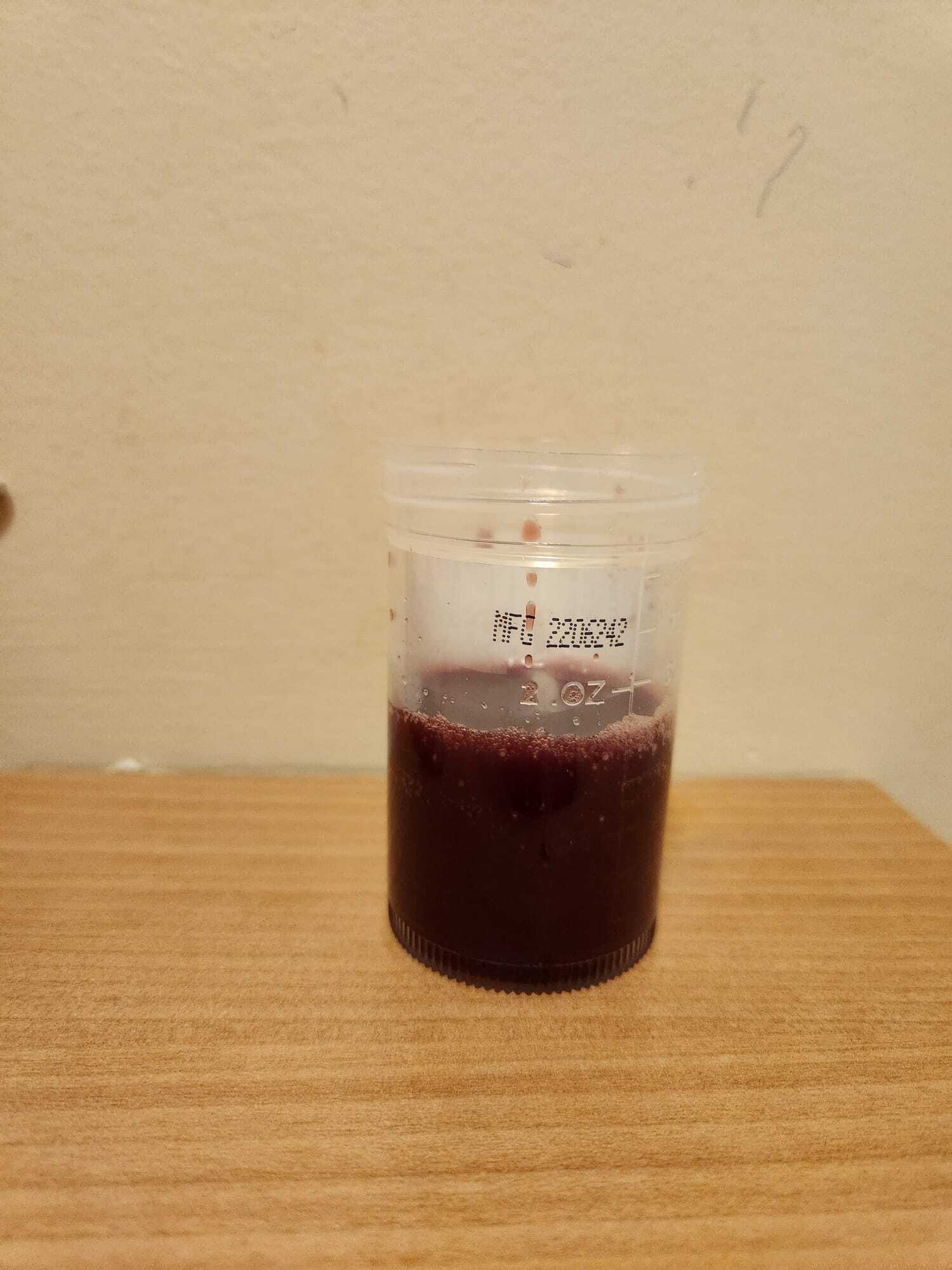
Image Source/Reddit
Blood in urine, known as hematuria, can be indicative of high blood pressure. Elevated blood pressure can damage blood vessels in the kidneys, leading to leakage of blood into the urine. The increased pressure may cause tiny blood vessels in the kidneys to rupture, allowing red blood cells to escape. Monitoring blood pressure regularly is crucial, as early detection and management can prevent kidney damage and other complications associated with hypertension.Advertisement
Swelling - Fluid In Legs
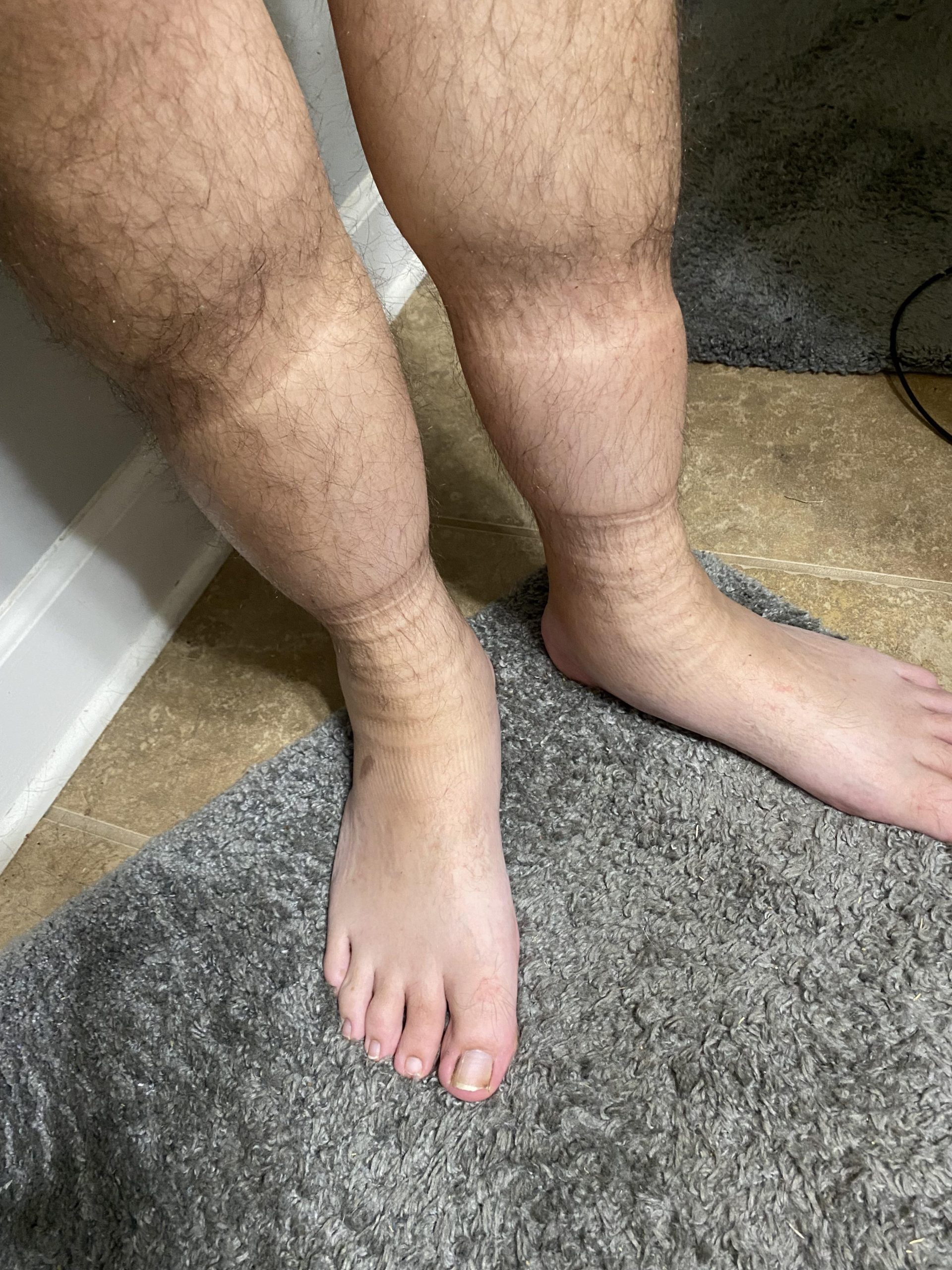
Image Source/Reddit
Swelling, or edema, can be a sign of high blood pressure. Hypertension strains blood vessels, causing fluid retention in tissues. This excess fluid leads to swelling, commonly seen in the legs, ankles, and feet. Monitoring blood pressure and addressing it promptly helps manage this symptom and prevent complications.Advertisement
Blood Spots in The Eye
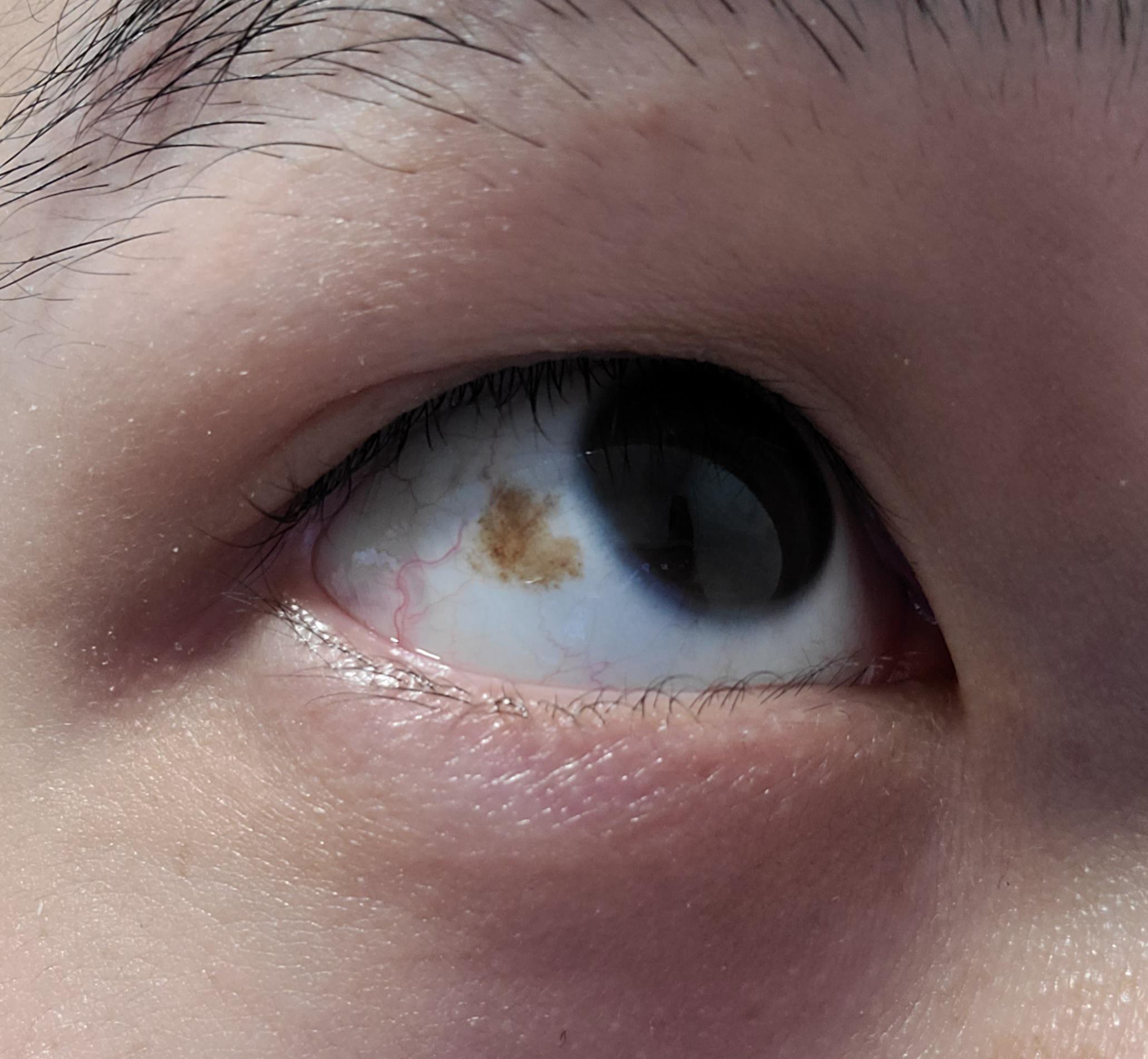 Image Source/Reddit
Image Source/Reddit
Blood spots in the eyes, known as subconjunctival hemorrhage, can indicate high blood pressure. Elevated pressure can cause tiny blood vessels in the eyes to rupture, leading to these red spots. Regular blood pressure checks are essential to identify and manage hypertension, reducing the risk of eye complications and promoting overall vascular health.Advertisement
Back Pain
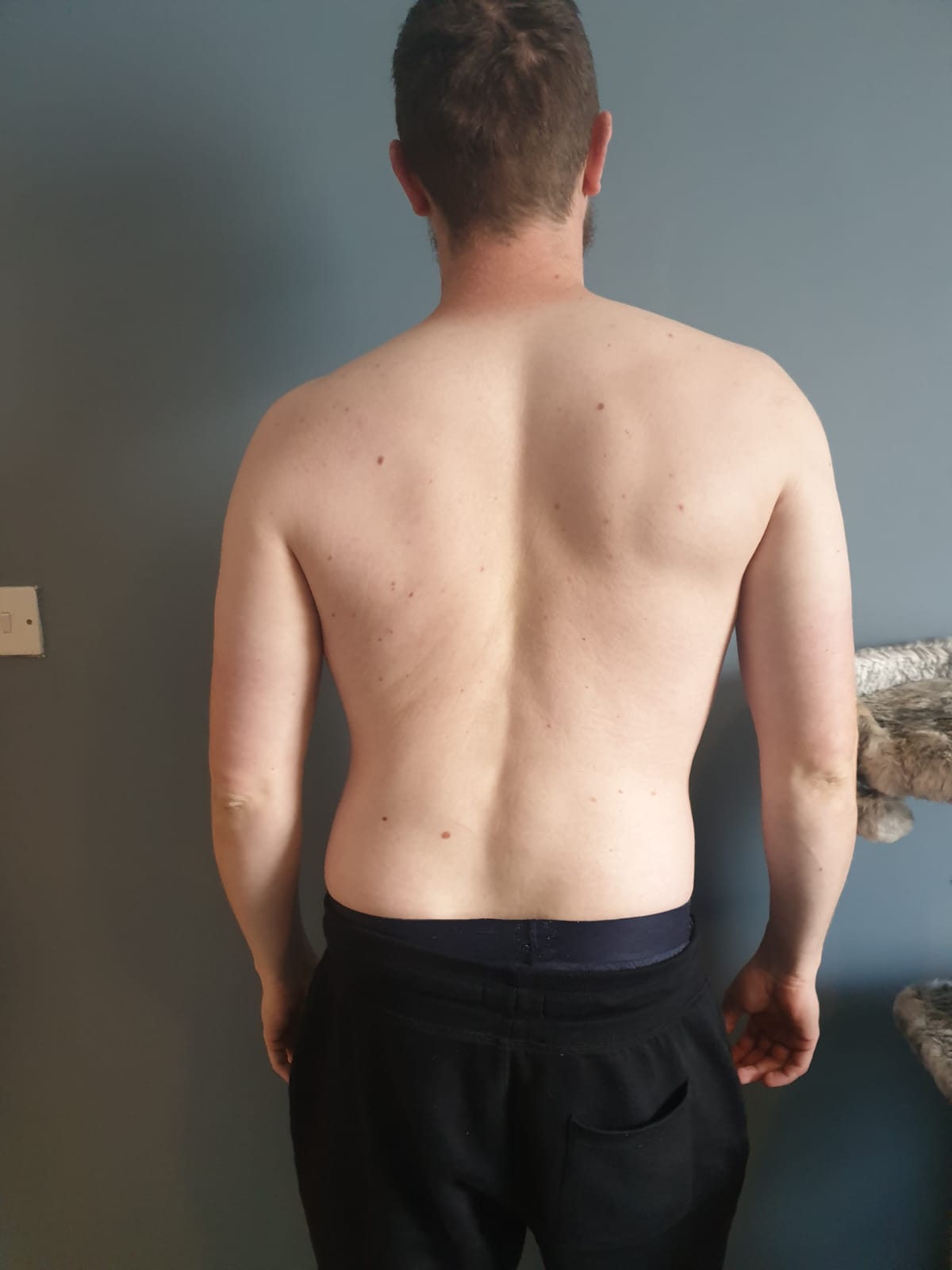 Image Source/Reddit
Image Source/Reddit
Back pain may signal high blood pressure as increased pressure can strain blood vessels, affecting the spine's blood supply. This strain may lead to discomfort or pain in the back. Monitoring blood pressure and adopting a healthy lifestyle can help manage hypertension and alleviate associated symptoms like back pain.Advertisement
Reduced Kidney Function
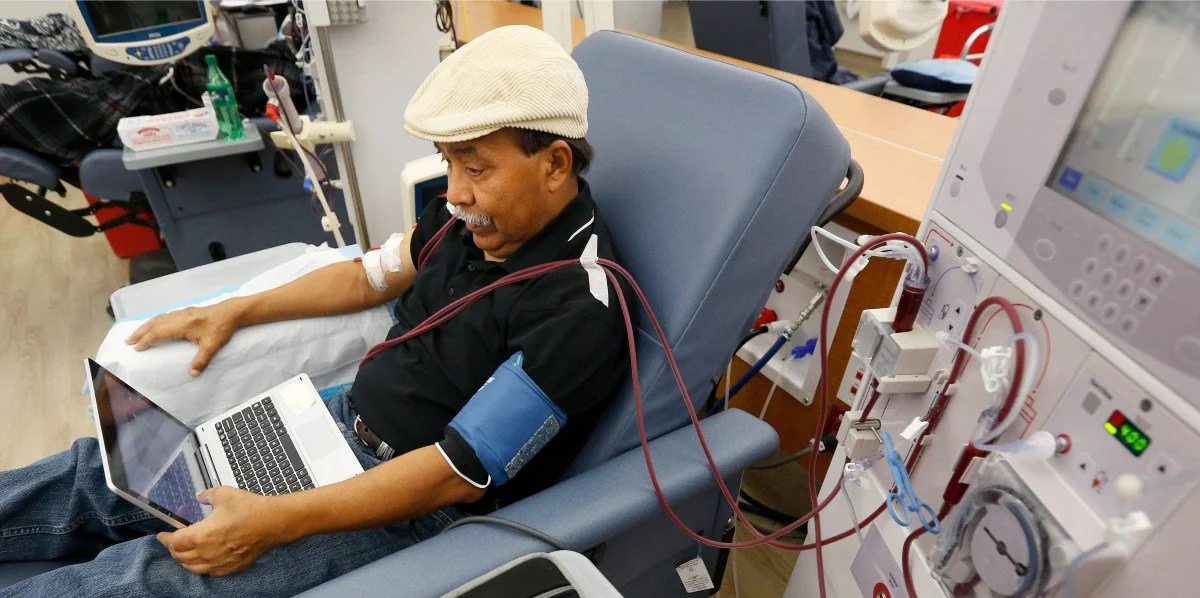 Image Source/Reddit
Image Source/Reddit
High blood pressure can impair kidney function by damaging blood vessels in the kidneys. Persistent hypertension can lead to reduced blood flow and, over time, cause kidney damage. Monitoring and managing blood pressure is crucial to prevent kidney complications.Advertisement
Blood Vessel Damage
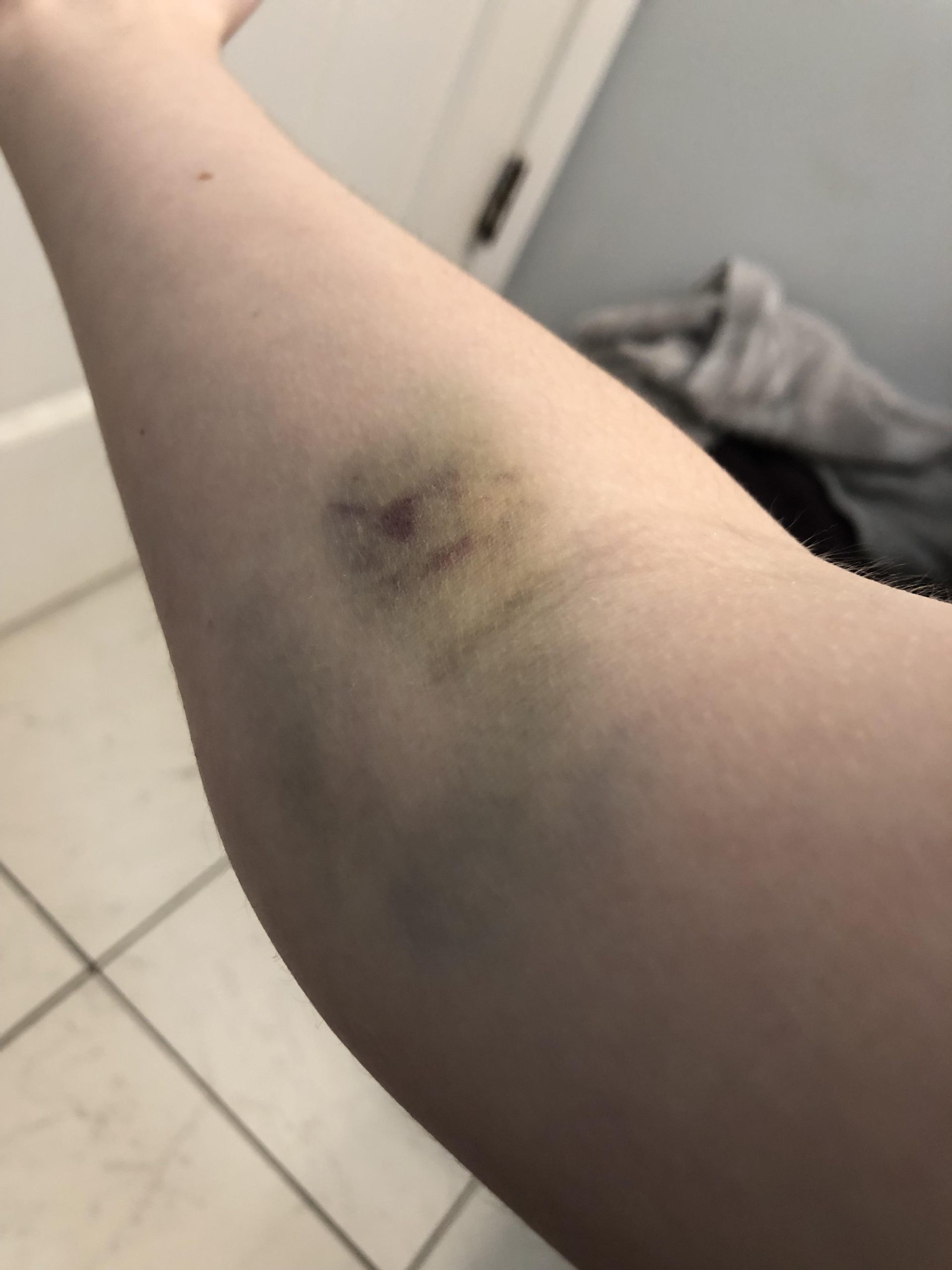 Image Source/Reddit
Image Source/Reddit
High blood pressure damages blood vessels, causing them to narrow, weaken, or rupture. This vascular damage increases the risk of heart disease, stroke, and organ damage. Monitoring and managing blood pressure are vital for preventing such complications.Advertisement
Sexual Dysfunction
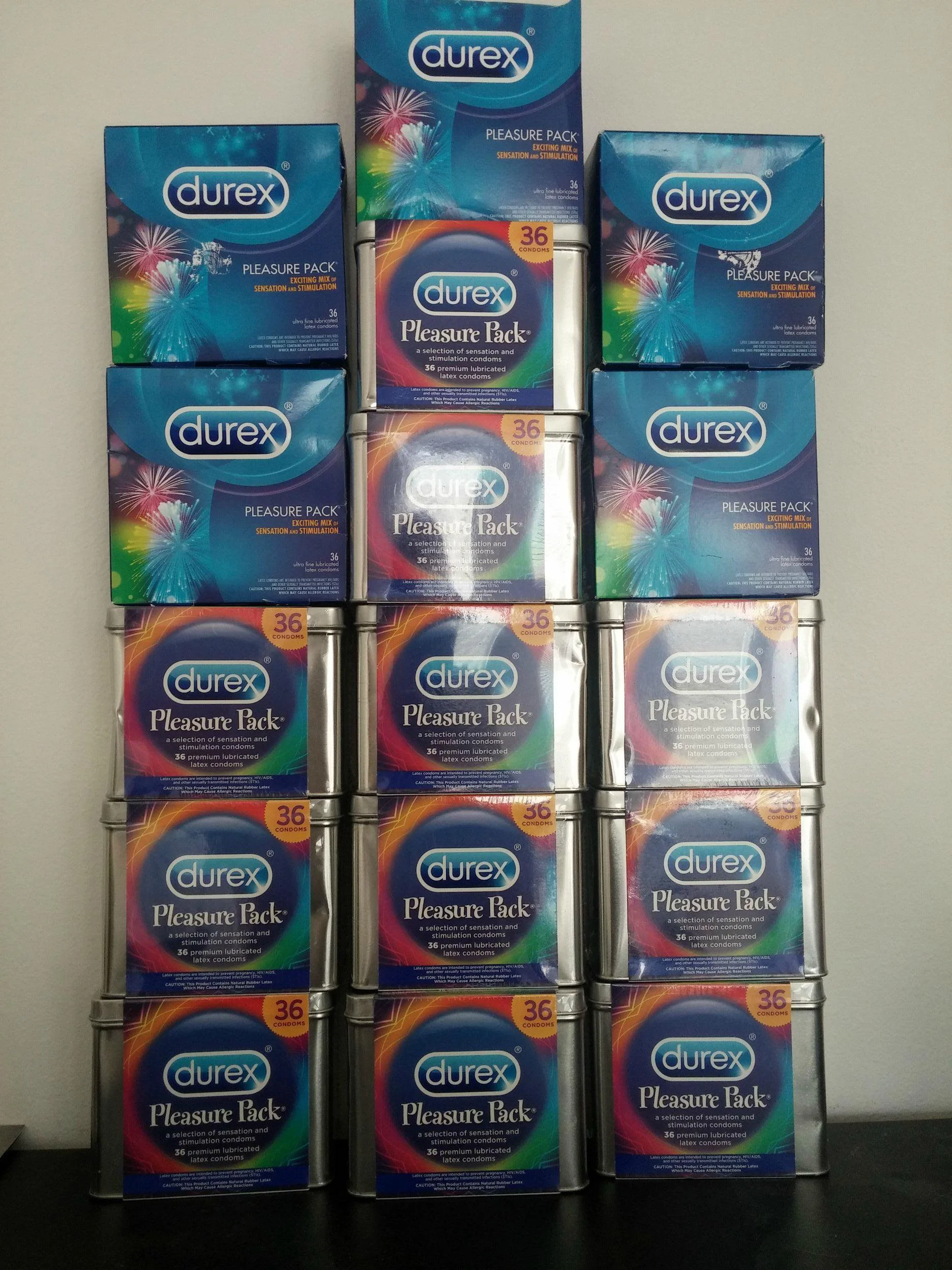 Image Source/Reddit
Image Source/Reddit
Sexual dysfunction may signal high blood pressure as hypertension impairs blood flow, affecting arousal and performance. Addressing the underlying cause through blood pressure management is essential for restoring sexual health and overall well-being. Seeking medical guidance ensures a comprehensive approach to treatment.Advertisement
Difficulty Speaking
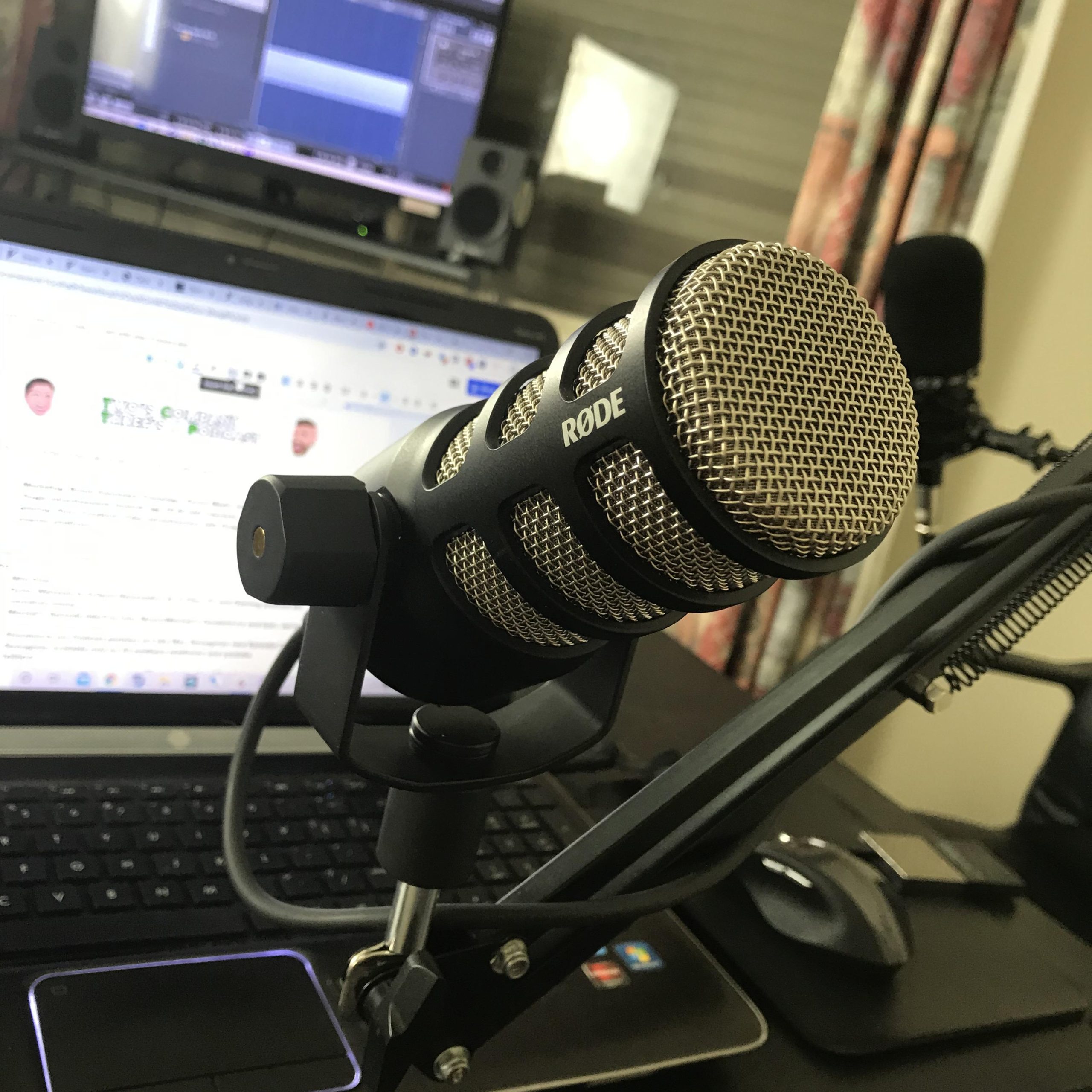 Image Source/Reddit
Image Source/Reddit
Difficulty speaking may indicate high blood pressure-related complications such as a stroke. Elevated pressure can damage blood vessels in the brain, affecting speech centers. Swift medical attention is crucial to assess and manage hypertension, reducing the risk of serious neurological issues.Advertisement
Impaired Balance
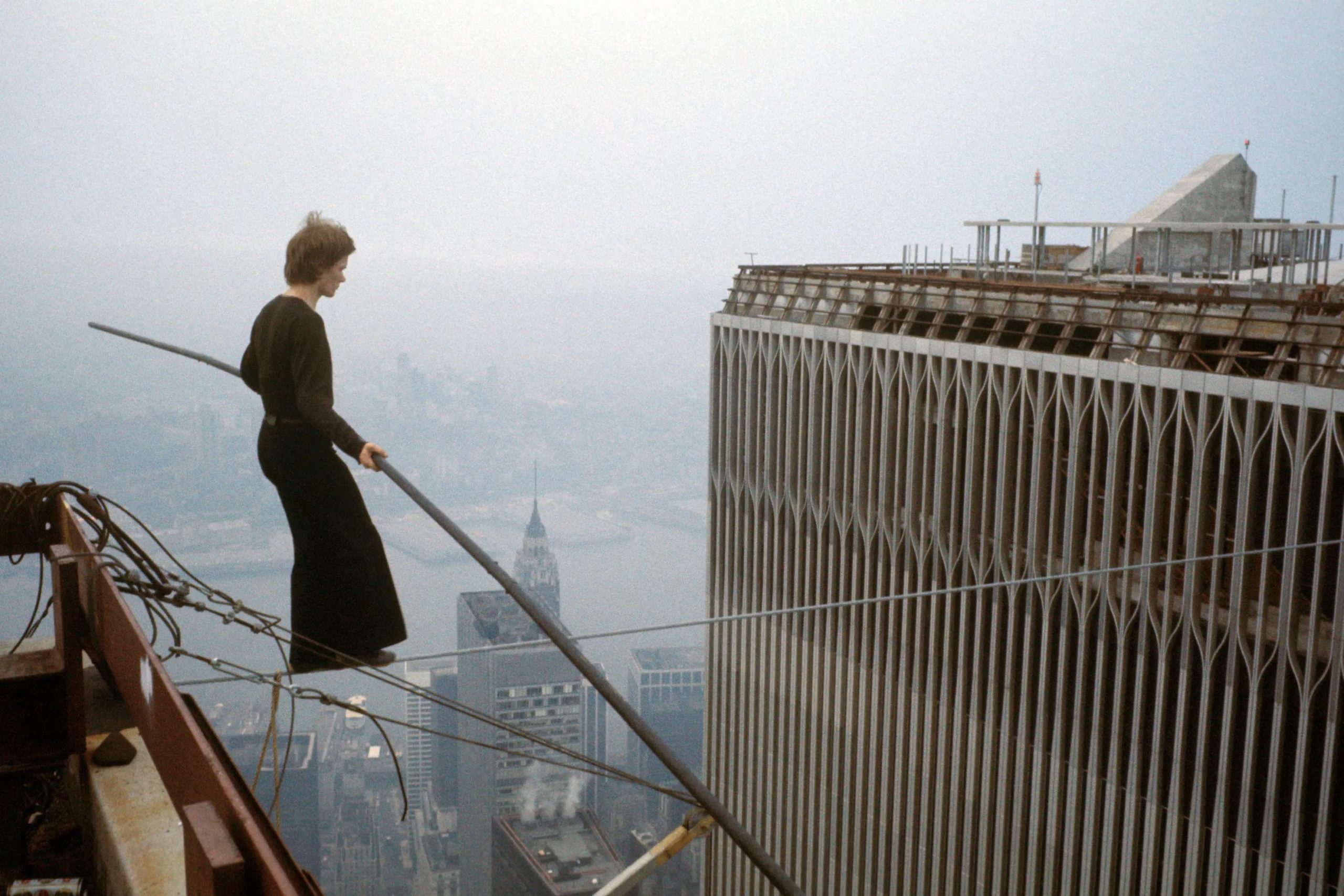 Image Source/Reddit
Image Source/Reddit
Impaired balance can be a sign of high blood pressure, as hypertension may lead to issues in the brain or inner ear. Monitoring blood pressure and seeking medical advice are vital to address potential causes and prevent complications affecting balance and overall well-being.Advertisement
Facial Swelling
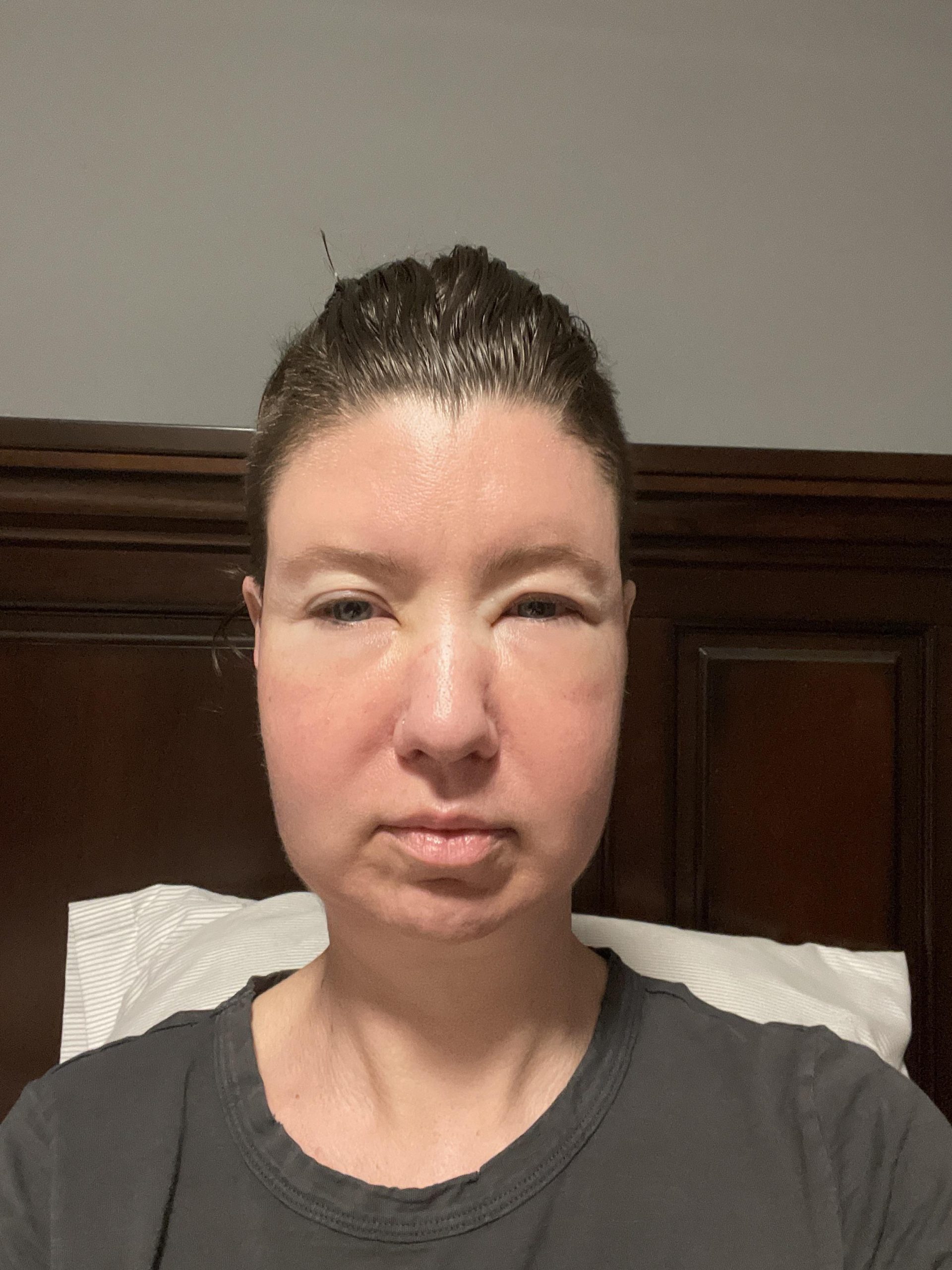 Image Source/Reddit
Image Source/Reddit
Facial swelling can be a sign of high blood pressure, indicating kidney involvement. Hypertension can strain blood vessels, leading to fluid retention. Monitoring blood pressure and seeking medical attention are crucial to manage this symptom and prevent complications related to kidney and vascular health.Advertisement
Persistent Cough
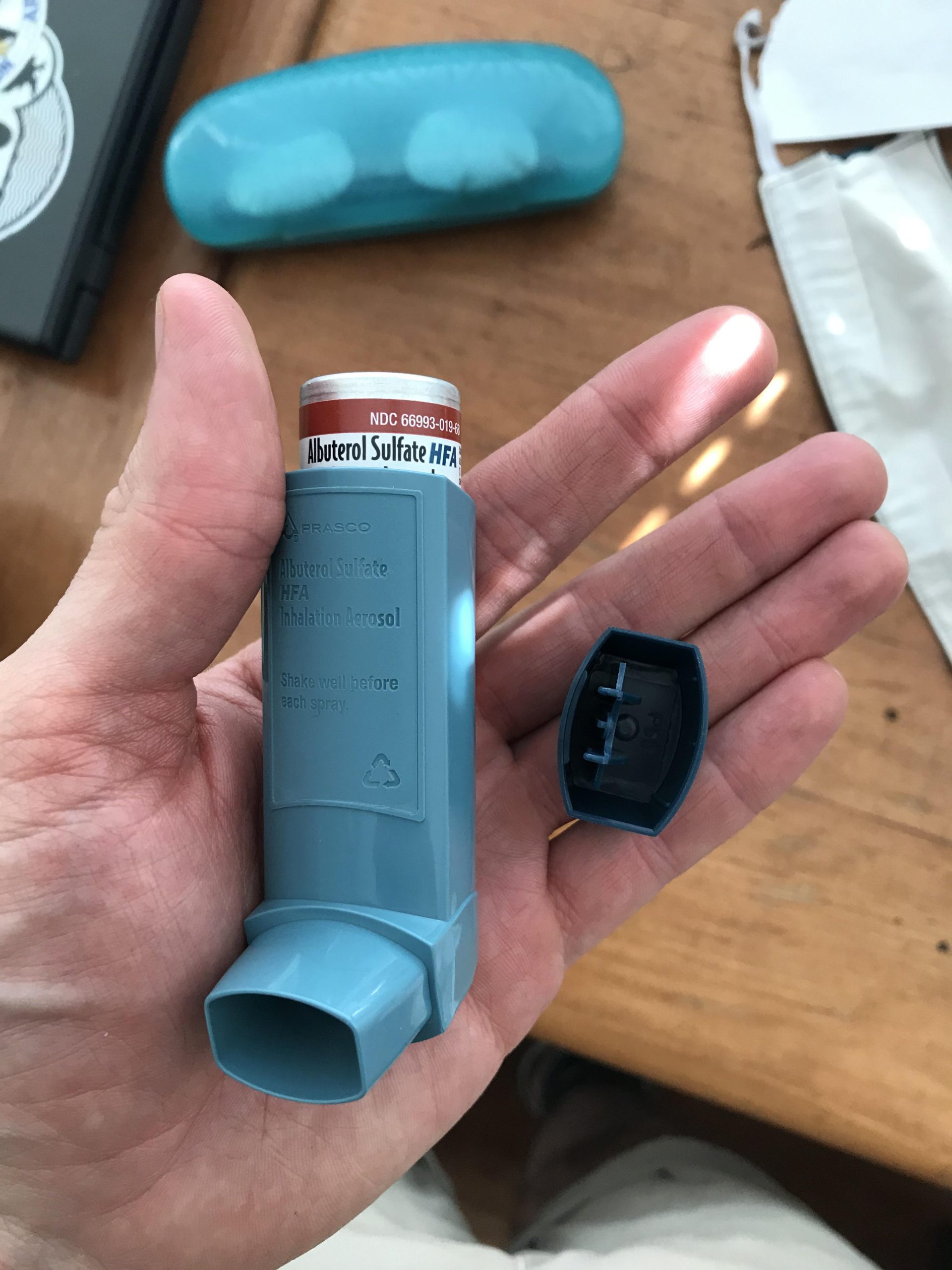 Image Source/Reddit
Image Source/Reddit
A persistent cough may signal high blood pressure complications like heart failure. Elevated pressure can strain the heart, leading to fluid accumulation in the lungs and causing a chronic cough. Regular blood pressure checks and medical evaluation are essential to manage hypertension and address associated symptoms for overall cardiovascular health.Advertisement
Frequent Urination
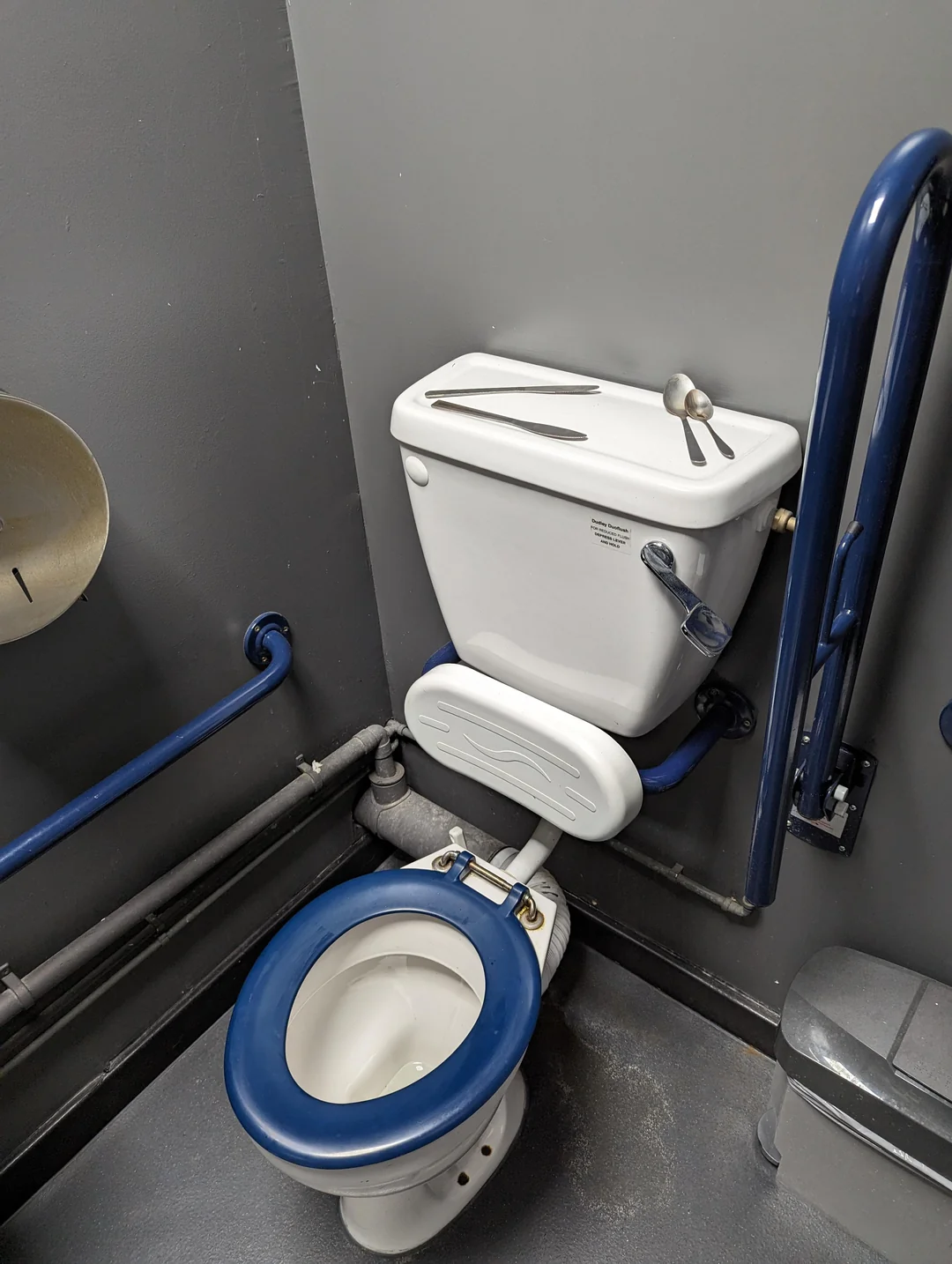 Image Source/Reddit
Image Source/Reddit
Frequent urination may indicate high blood pressure affecting the kidneys. Hypertension can damage blood vessels in these organs, leading to increased urine production. Monitoring blood pressure and seeking medical advice are essential to manage potential kidney-related symptoms and prevent further complications.Advertisement
Short Term Memory Loss
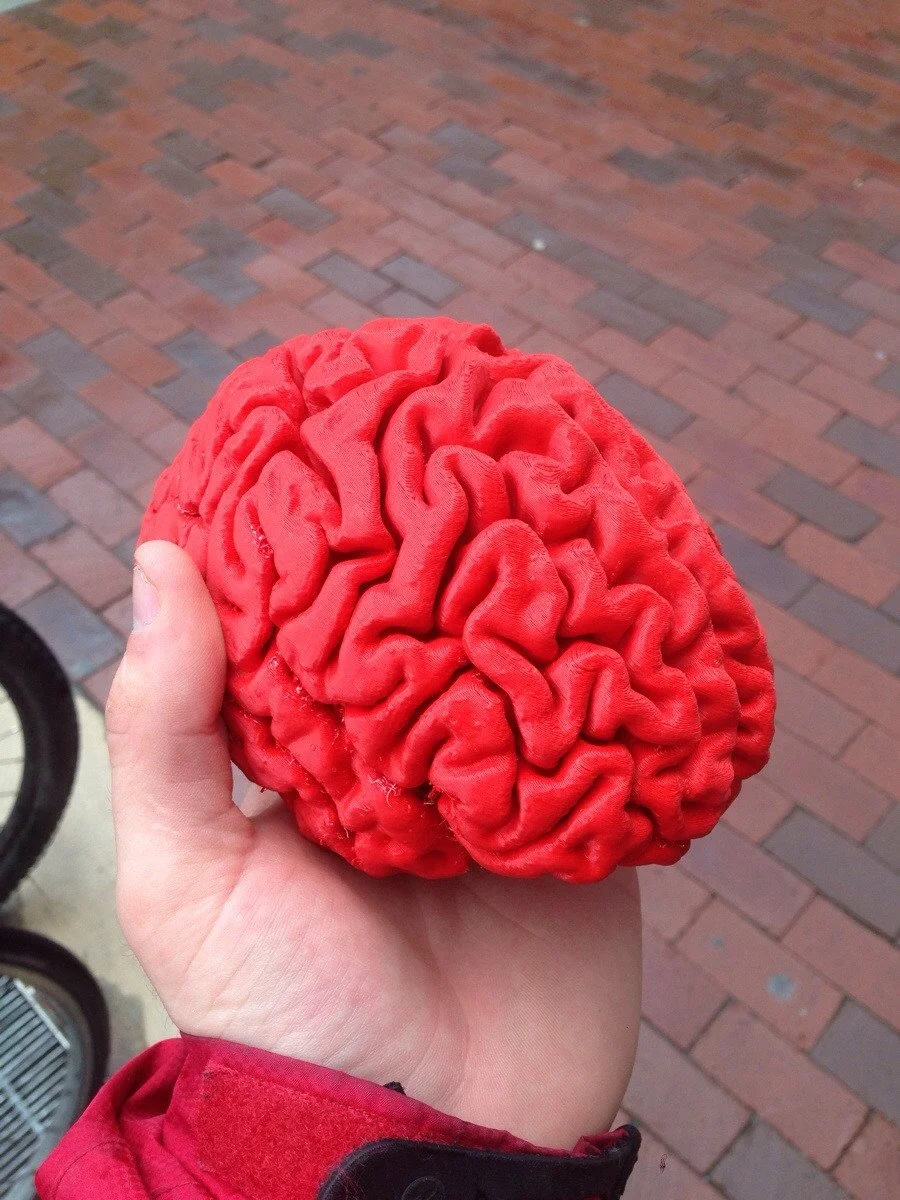 Image Source/Reddit
Image Source/Reddit
Short-term memory loss may indicate high blood pressure-related brain changes. Hypertension can damage blood vessels, affecting cerebral circulation and cognitive function. Regular blood pressure checks and medical evaluation are crucial to manage hypertension and preserve cognitive health.Advertisement
Mood Swings
 Image Source/Reddit
Image Source/Reddit
Mood swings may be linked to high blood pressure, as hypertension can impact brain function and emotional regulation. Consistent blood pressure monitoring, lifestyle changes, and medical guidance are crucial for managing hypertension and maintaining emotional well-being.Advertisement
Dry Itchy Skin
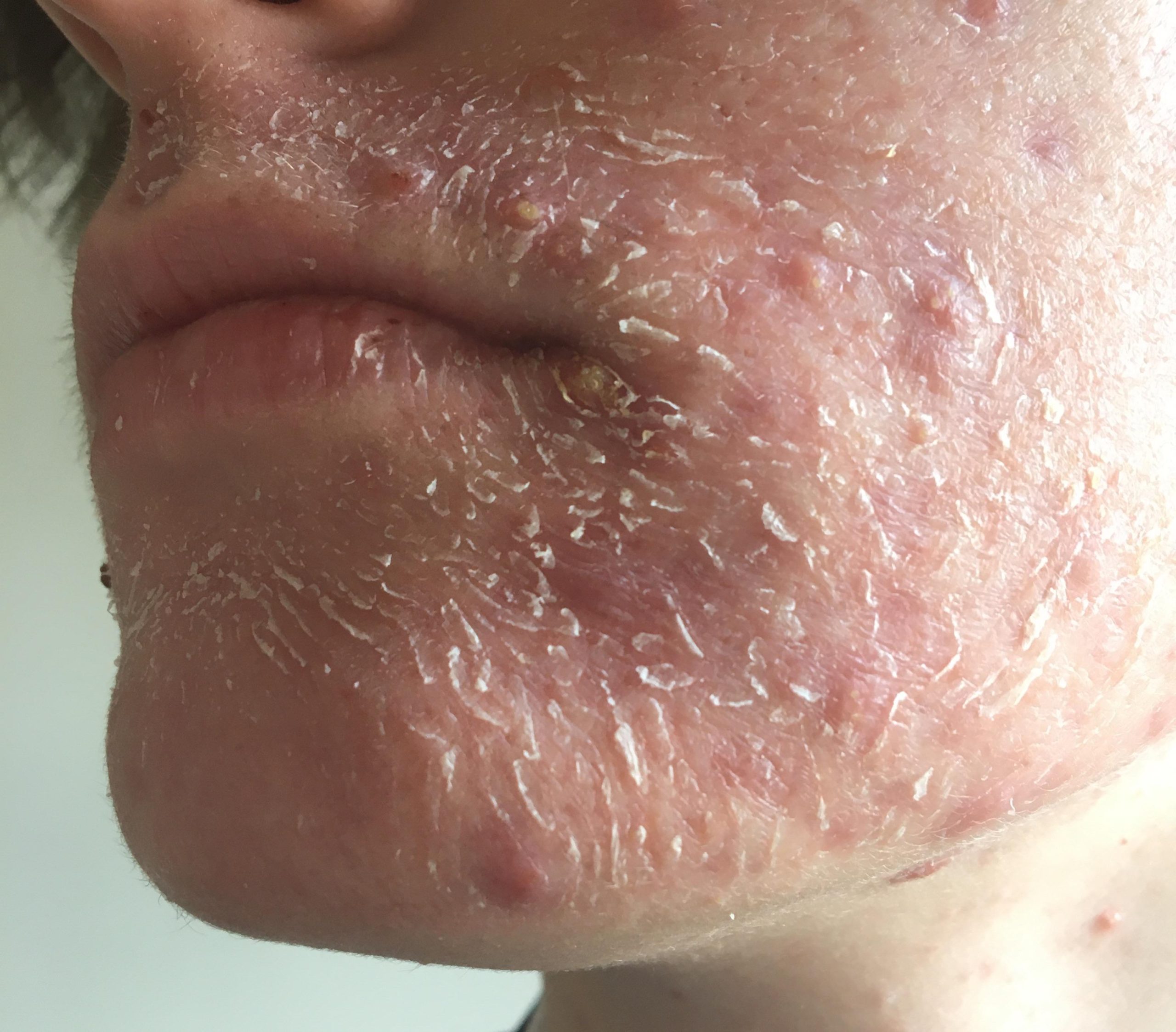 Image Source/Reddit
Image Source/Reddit
Dry, itchy skin can signal high blood pressure complications affecting kidney function. Hypertension may impair blood vessels, leading to reduced skin moisture. Monitoring blood pressure, adopting a healthy lifestyle, and seeking medical guidance are crucial to manage hypertension and address associated symptoms for overall well-being.Advertisement
Impaired Wound Healing
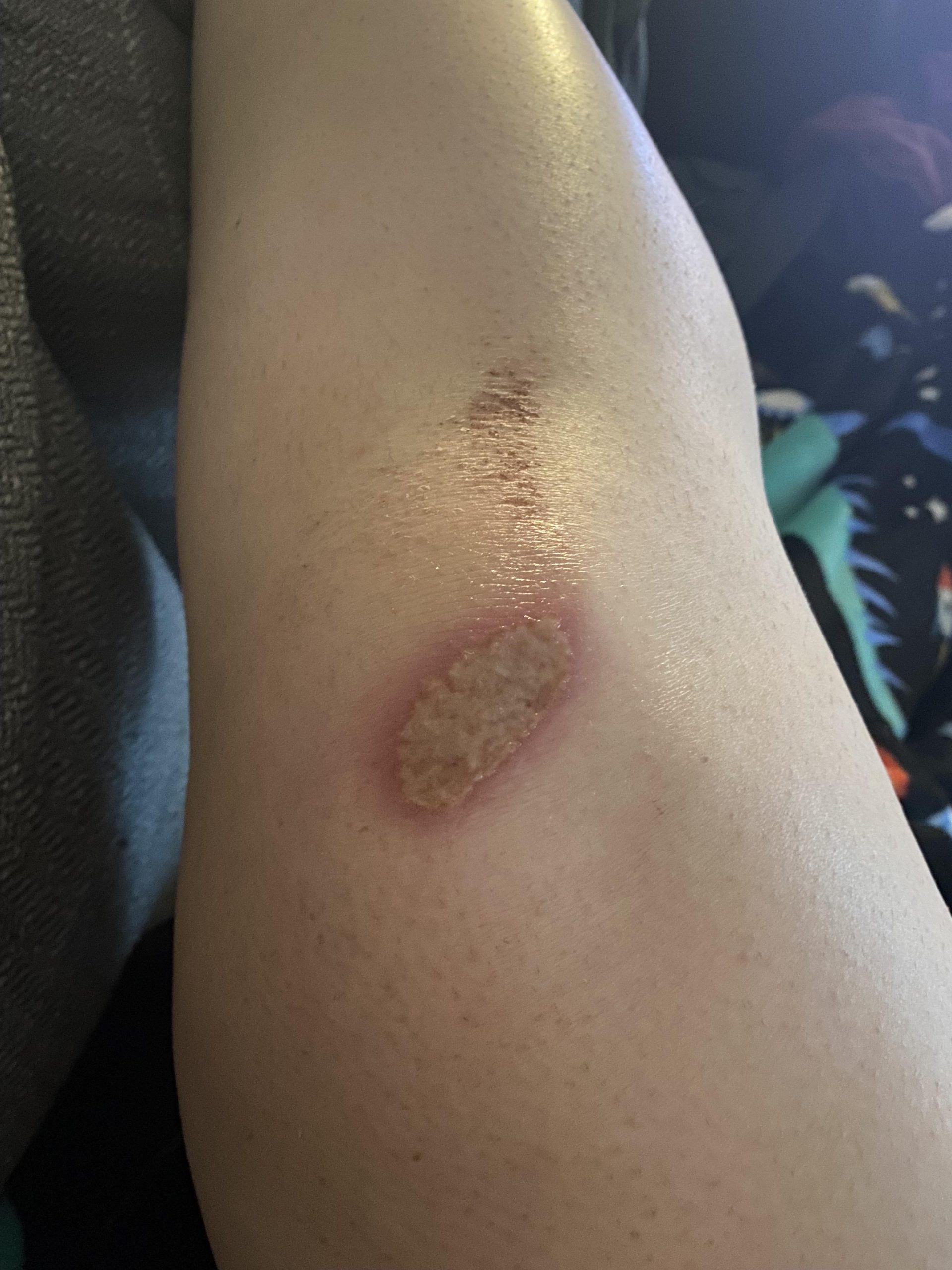 Image Source/Reddit
Image Source/Reddit
Impaired wound healing can indicate high blood pressure complications, as hypertension affects blood vessel integrity. Reduced blood flow hampers the healing process. Regular blood pressure monitoring and medical attention are vital for managing hypertension and facilitating optimal wound recovery.Advertisement
Difficulty Swallowing
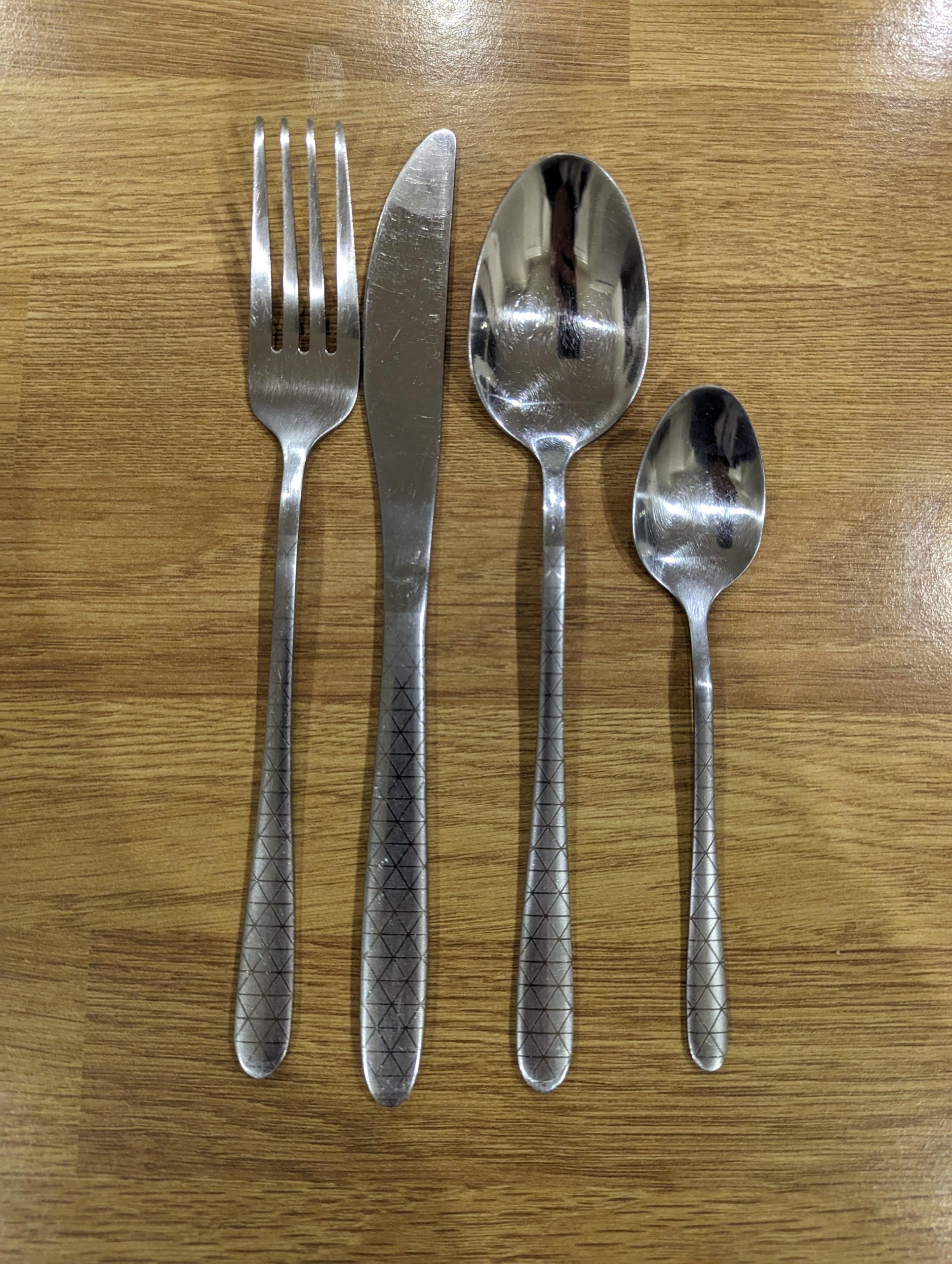 Image Source/Reddit
Image Source/Reddit
Difficulty swallowing may indicate high blood pressure-related complications affecting the throat or esophagus. Hypertension can lead to vascular issues and may require medical evaluation for proper diagnosis and management. Regular blood pressure checks are essential for overall health.Advertisement
Muscle Tremors or Twitching
 Image Source/Reddit
Image Source/Reddit
Muscle tremors may signal high blood pressure-related neurological issues. Hypertension can impact the nervous system, causing tremors. Regular blood pressure checks and medical assessment are vital for managing hypertension and addressing associated symptoms, promoting overall well-being.Advertisement
Facial and Leg Numbness
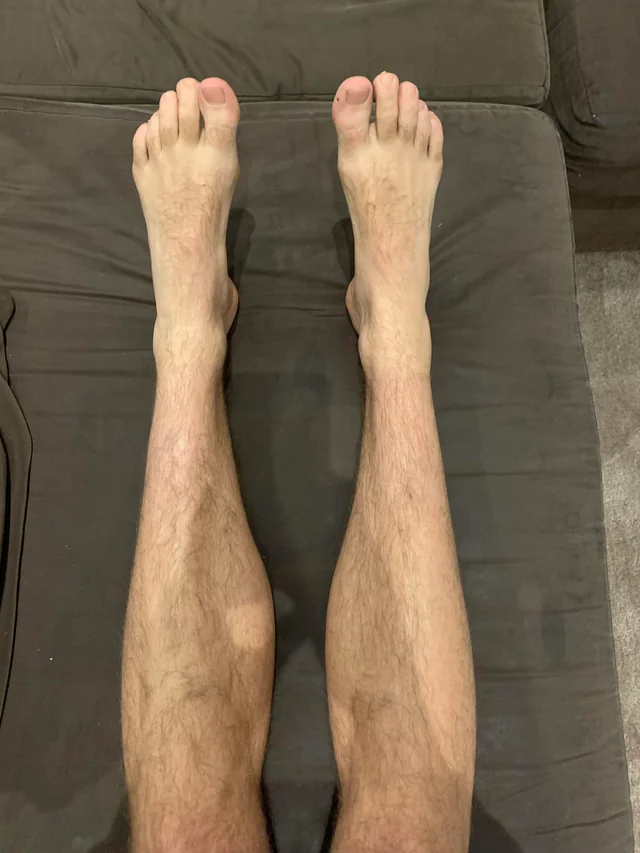 Image Source/Reddit
Image Source/Reddit
Facial and leg numbness may indicate high blood pressure-related issues affecting blood vessels and nerves. Hypertension can compromise circulation, leading to numbness. Regular blood pressure monitoring and seeking medical attention are crucial to manage hypertension and address neurological symptoms for optimal health.Advertisement
Irregular Menstrual Cycle
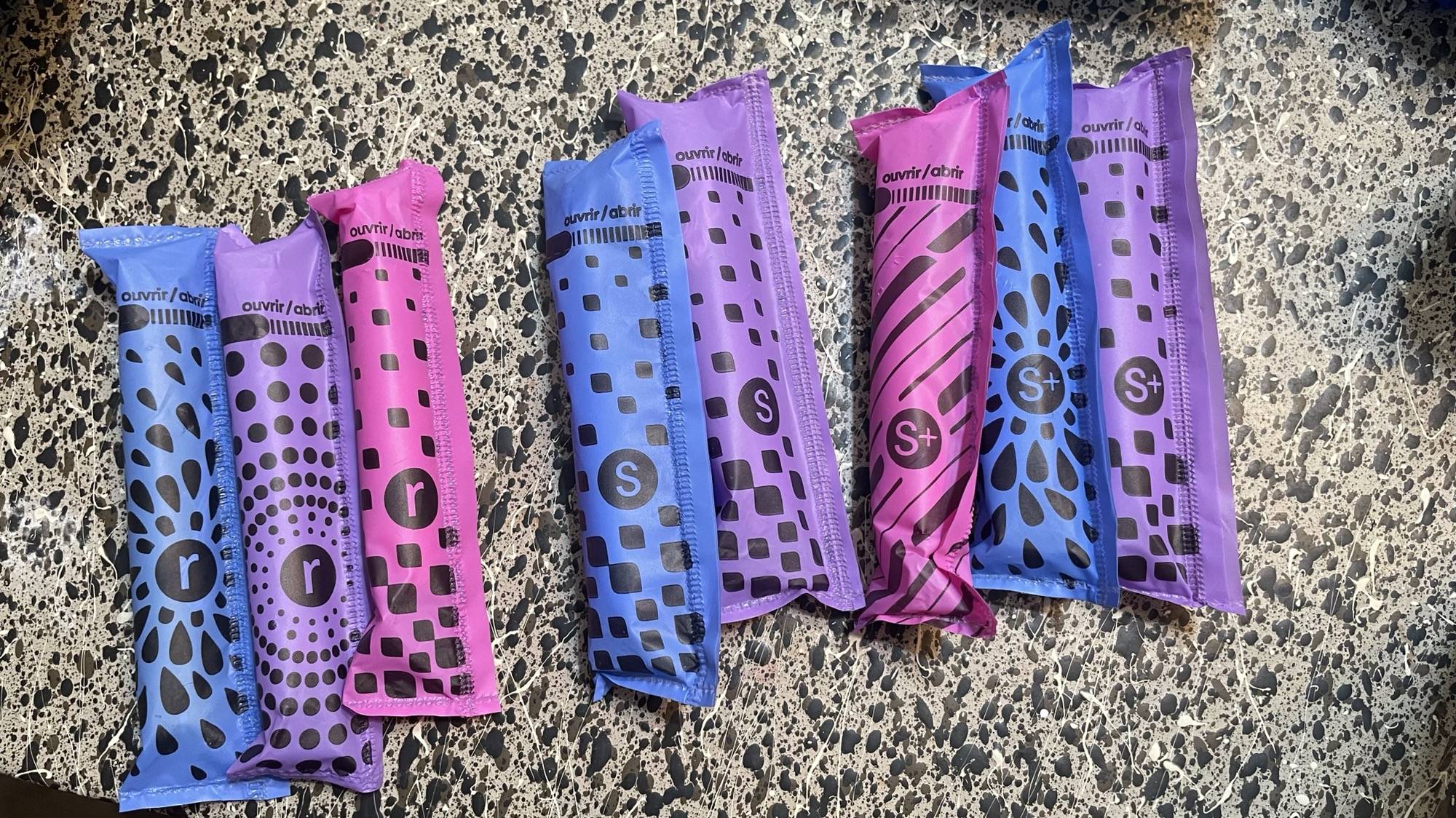 Image Source/Reddit
Image Source/Reddit
An irregular menstrual cycle may suggest high blood pressure effects on hormonal balance. Hypertension can disrupt the menstrual cycle. Regular blood pressure monitoring and medical evaluation are crucial for managing hypertension and addressing associated hormonal imbalances for overall reproductive health.Advertisement
Reduced Libido
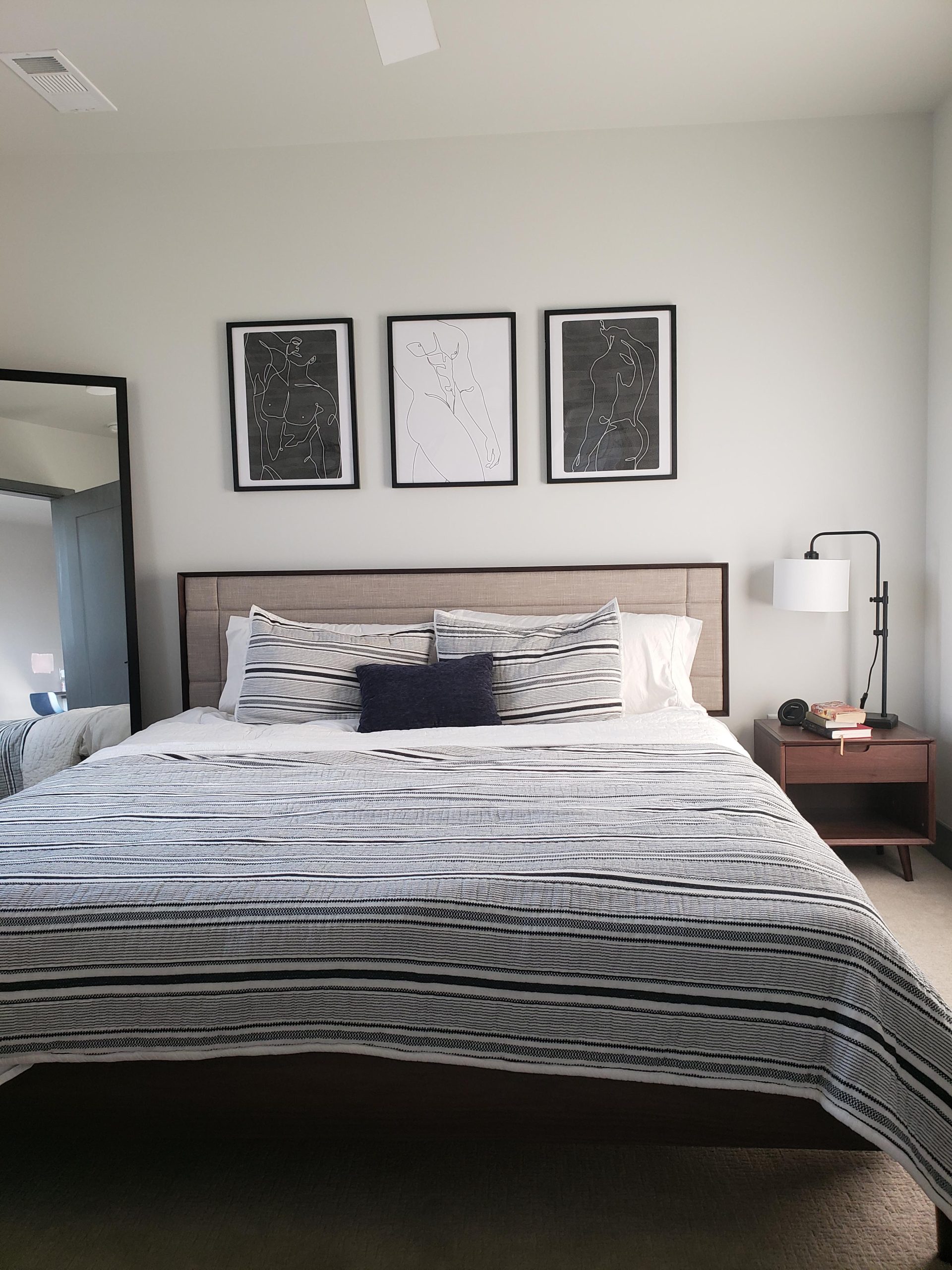 Image Source/Reddit
Image Source/Reddit
Reduced libido can be linked to high blood pressure, as hypertension affects blood flow, hormonal balance, and overall cardiovascular health. Monitoring blood pressure, adopting a healthy lifestyle, and seeking medical guidance are essential for managing hypertension and restoring sexual well-being.Advertisement
Increased Susceptibility to Infection
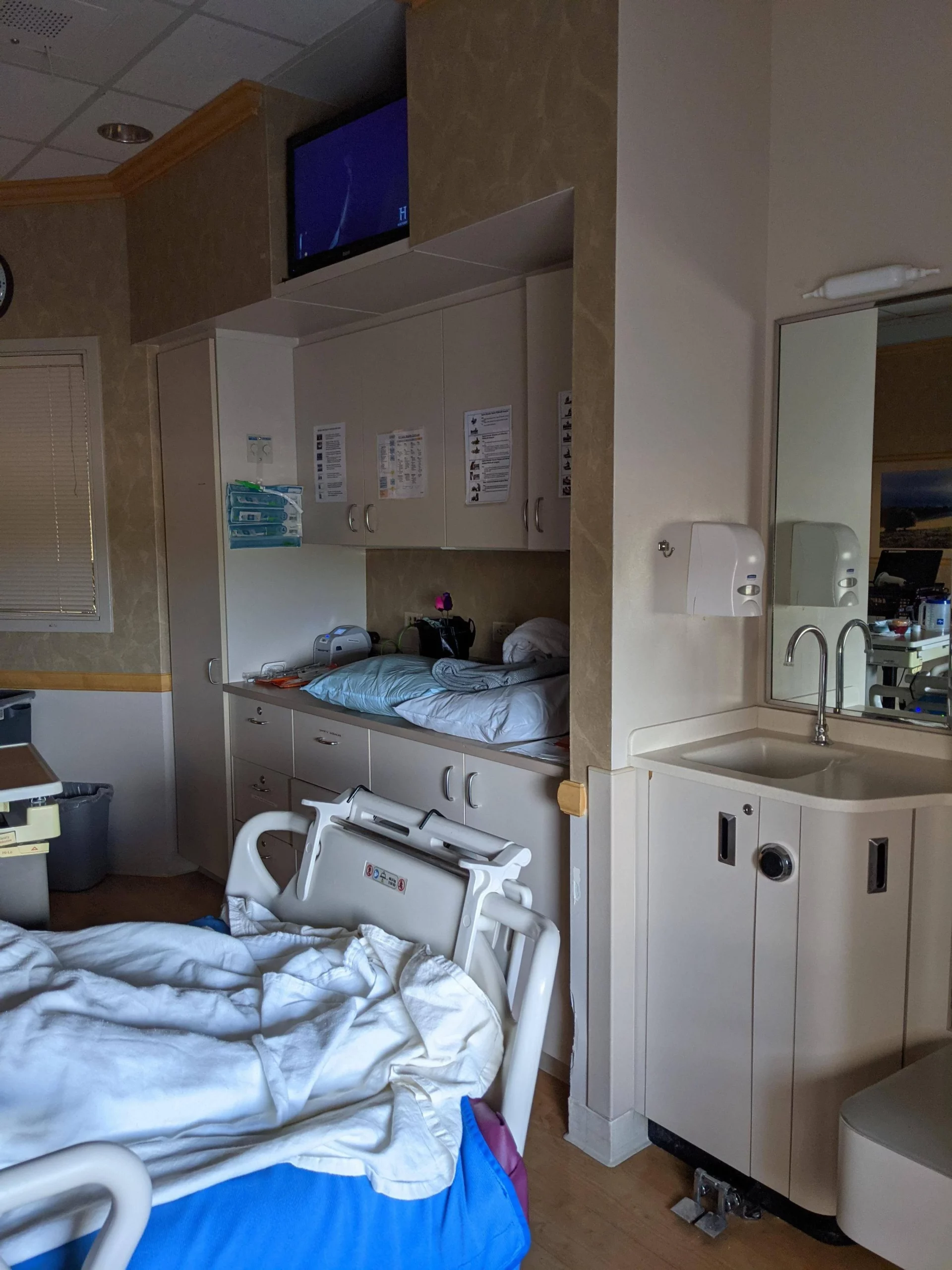 Image Source/Reddit
Image Source/Reddit
Increased susceptibility to infection may result from high blood pressure compromising the immune system. Hypertension can impact immune function, making the body more vulnerable. Monitoring blood pressure, adopting a healthy lifestyle, and seeking medical guidance are crucial for managing hypertension and supporting overall immune health.Advertisement
Excessive Yawning
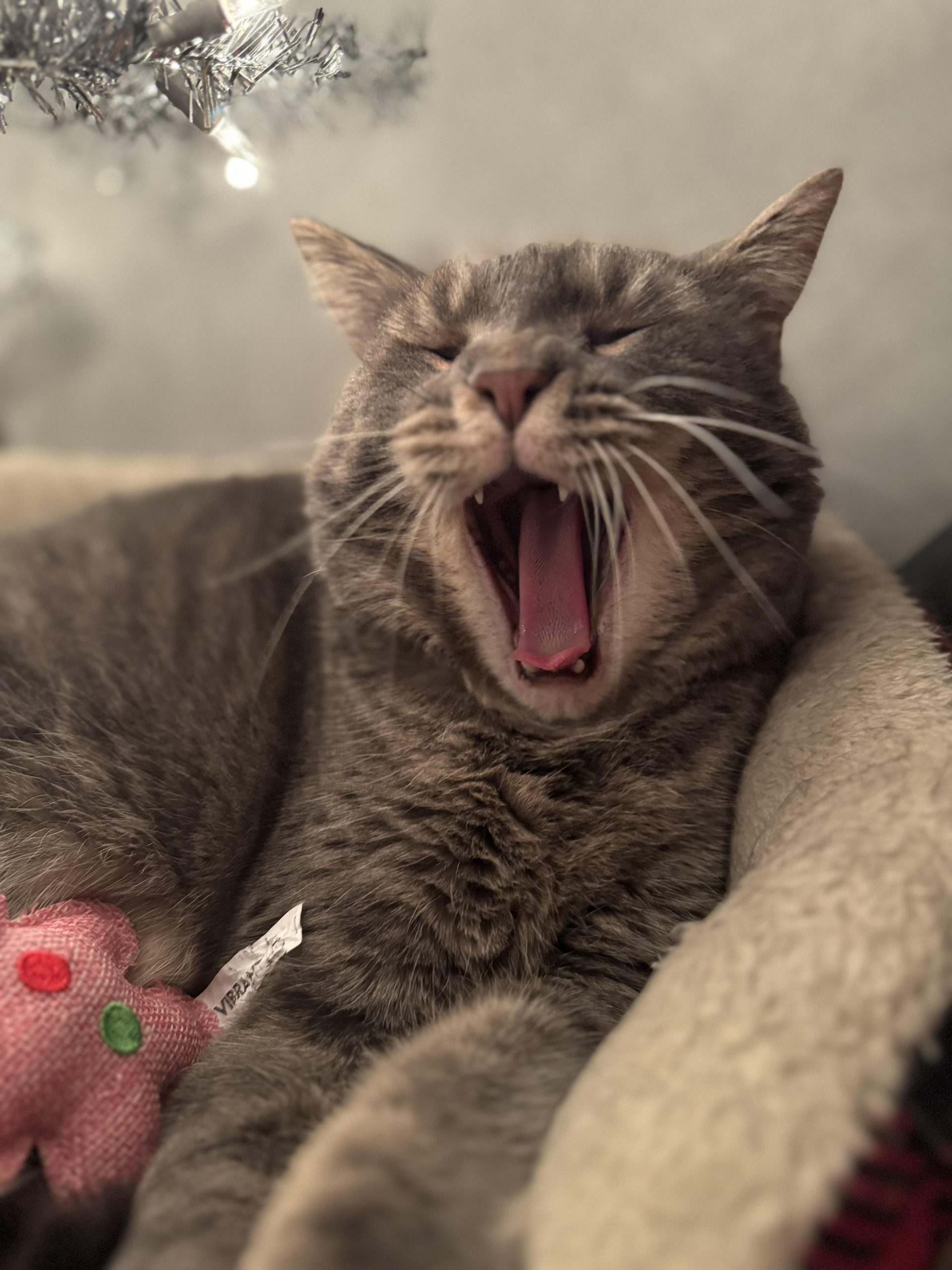 Image Source/Reddit
Image Source/Reddit
Excessive yawning may signal high blood pressure-related fatigue or decreased oxygen levels, potentially linked to an underlying infection. Regular blood pressure monitoring and medical assessment are vital for managing hypertension and addressing associated symptoms for overall health.Advertisement
Reduced Tolerance to Cold Temperatures
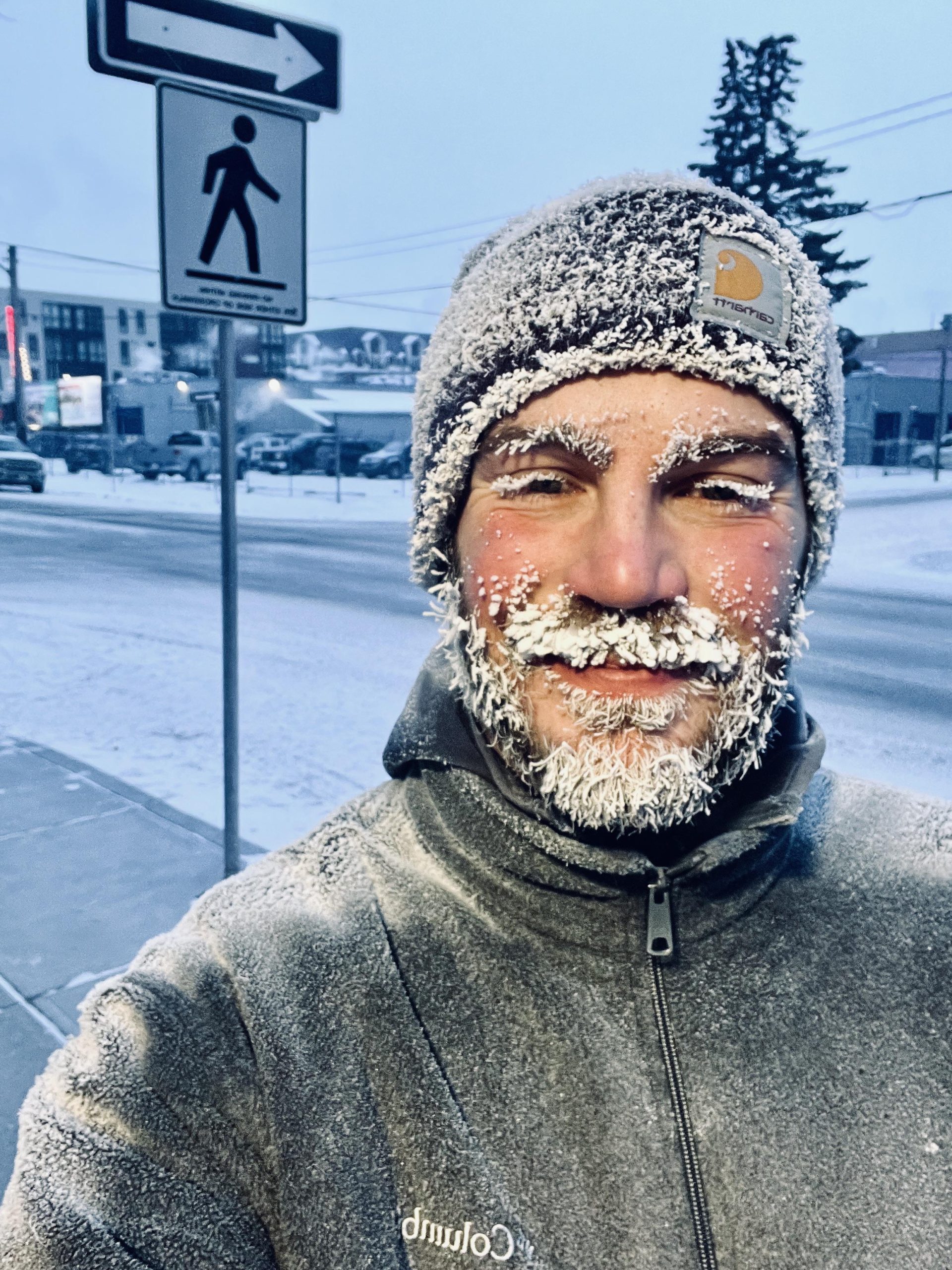 Image Source/Reddit
Image Source/Reddit
Reduced tolerance to cold temperatures may indicate high blood pressure-related circulation issues. Hypertension can affect blood vessel function, impacting the body's ability to regulate temperature. Regular blood pressure checks and medical attention are crucial for managing hypertension and addressing associated symptoms for optimal vascular health.Advertisement
Difficulty Multitasking
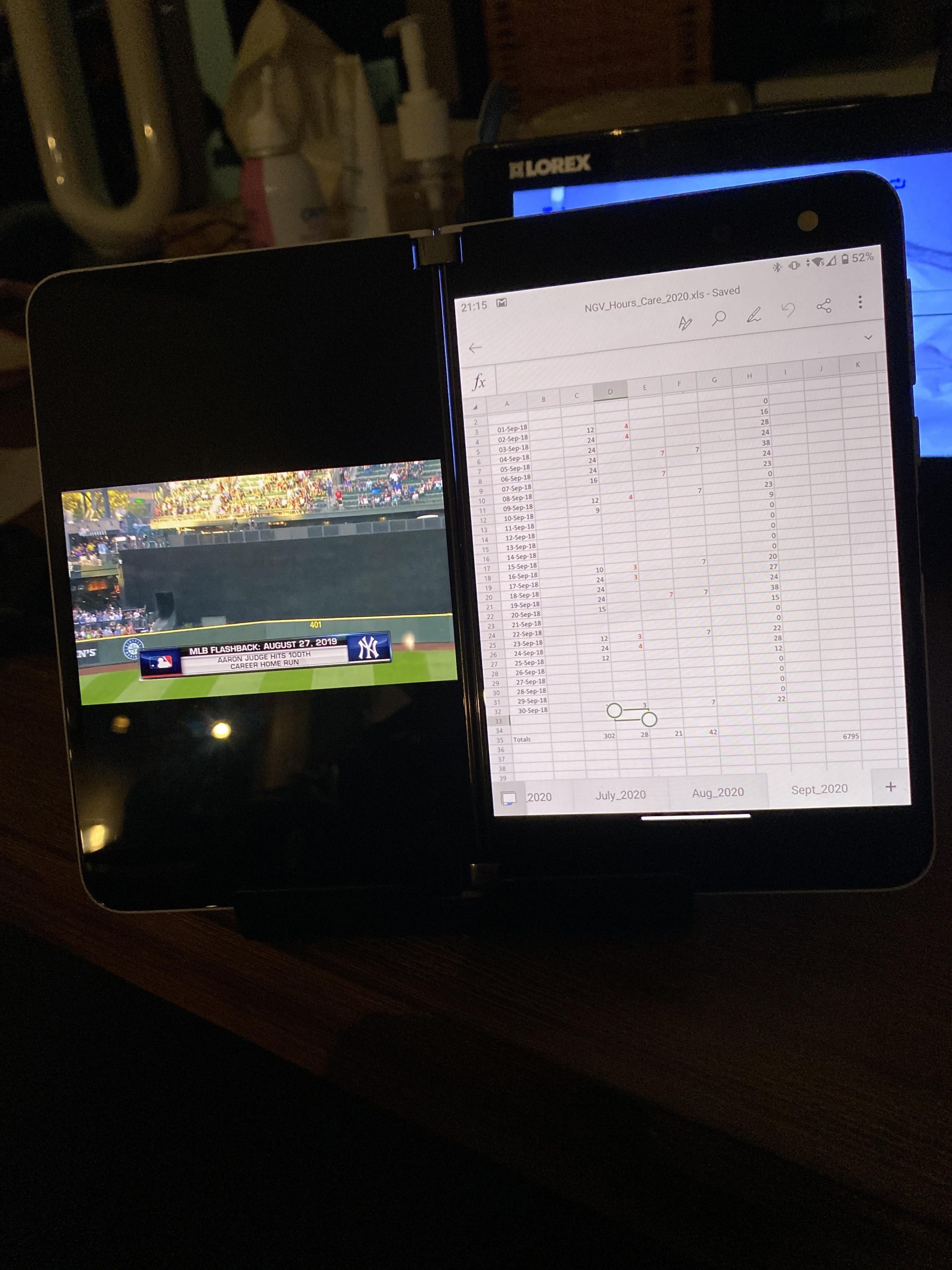 Image Source/Reddit
Image Source/Reddit
Difficulty multitasking may signal high blood pressure-related cognitive impairment. Hypertension can affect brain function and attention. Regular blood pressure monitoring, lifestyle changes, and medical evaluation are essential for managing hypertension and preserving cognitive abilities for overall well-being.Advertisement
Hair Loss
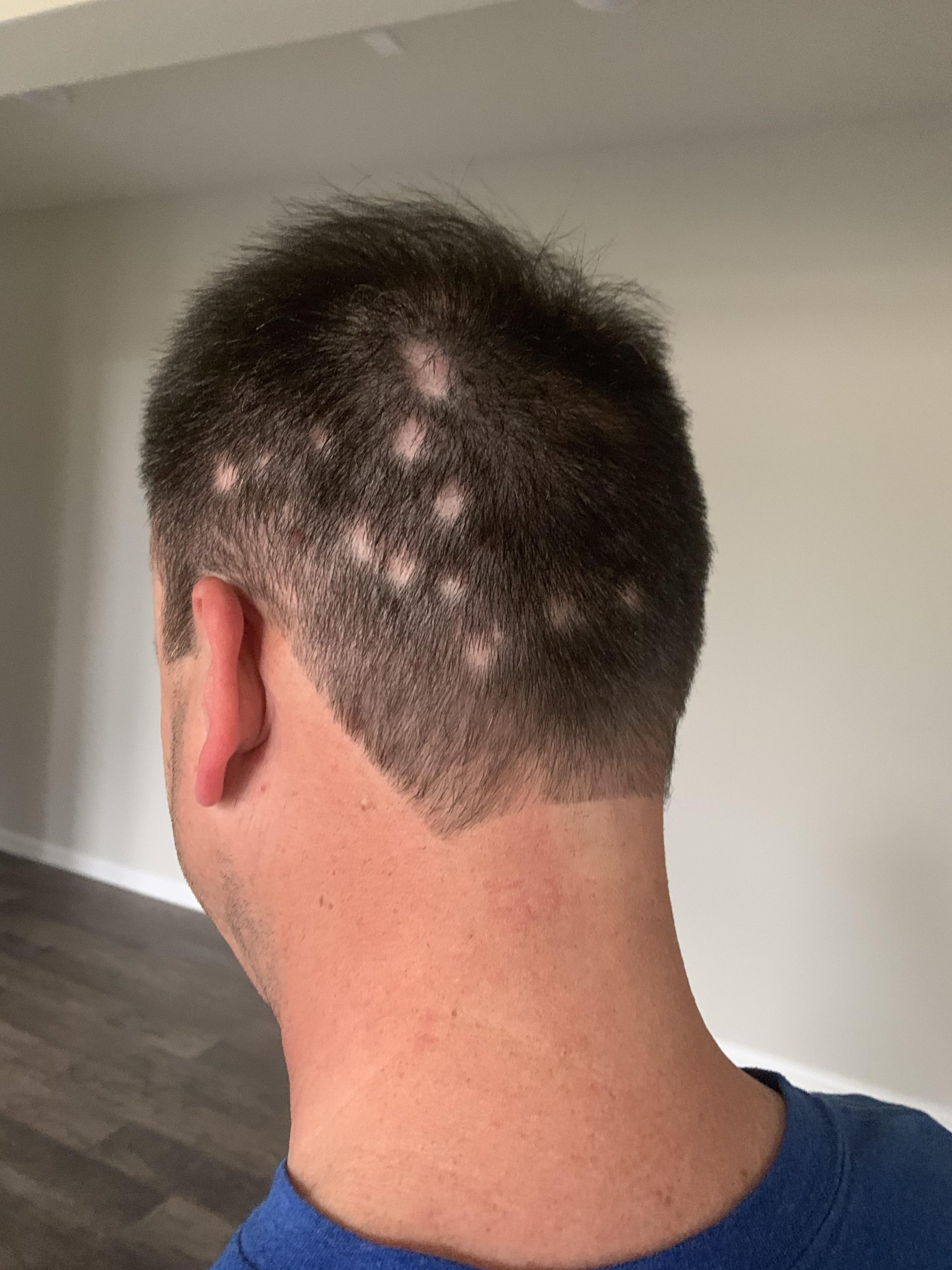 Image Source/Reddit
Image Source/Reddit
Hair loss can be linked to high blood pressure, as hypertension may impact blood flow to hair follicles. Regular blood pressure monitoring, lifestyle changes, and seeking medical advice are crucial for managing hypertension and addressing associated symptoms, including hair loss, for overall health.Advertisement
Reduced Sense of Smell and Taste
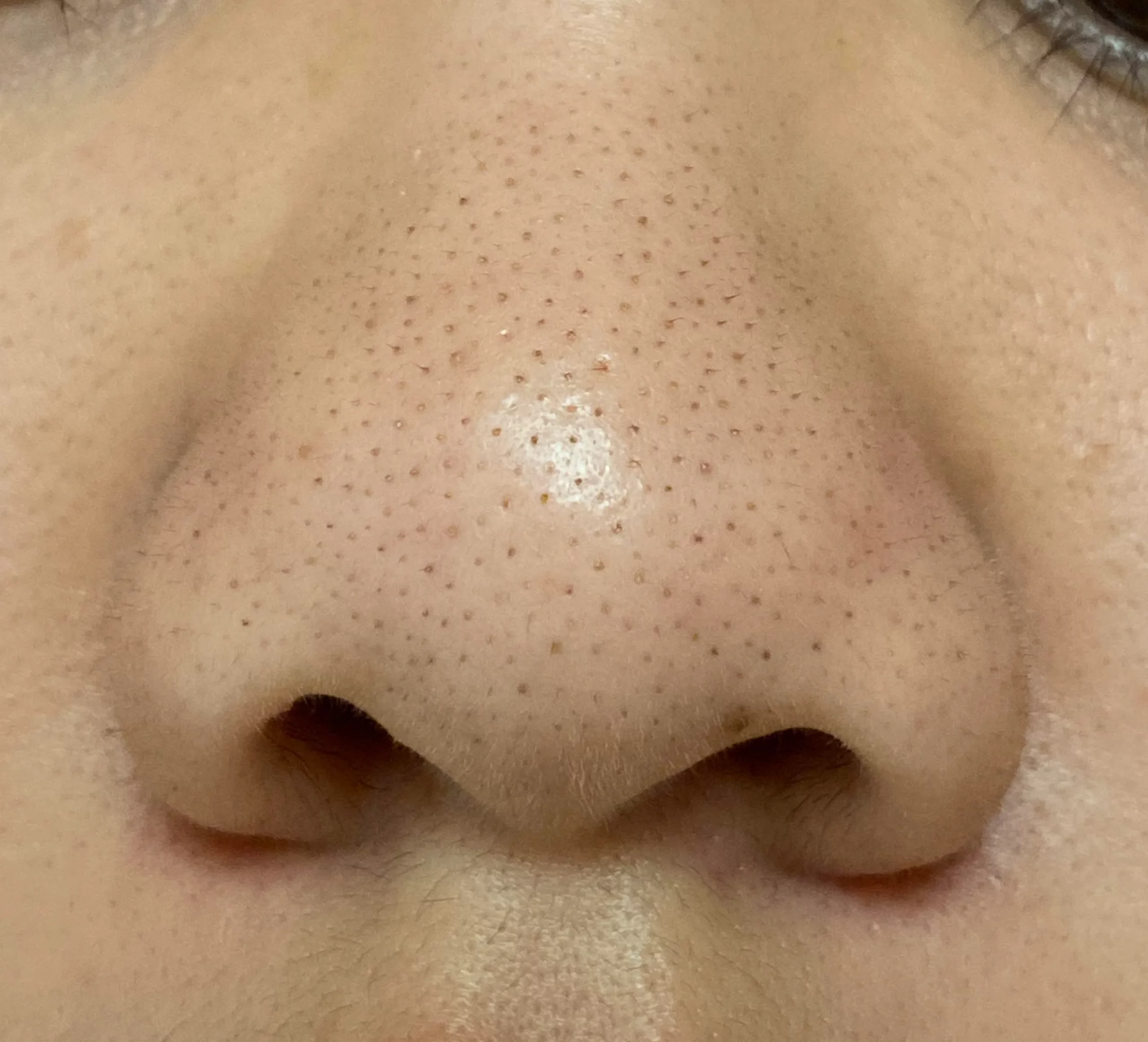 Image Source/Reddit
Image Source/Reddit
A reduced sense of smell and taste may be linked to high blood pressure, affecting blood flow to the olfactory system. Regular blood pressure monitoring, lifestyle changes, and medical attention are essential for managing hypertension and addressing associated sensory symptoms for overall well-being.Advertisement
Changes in Nail Health
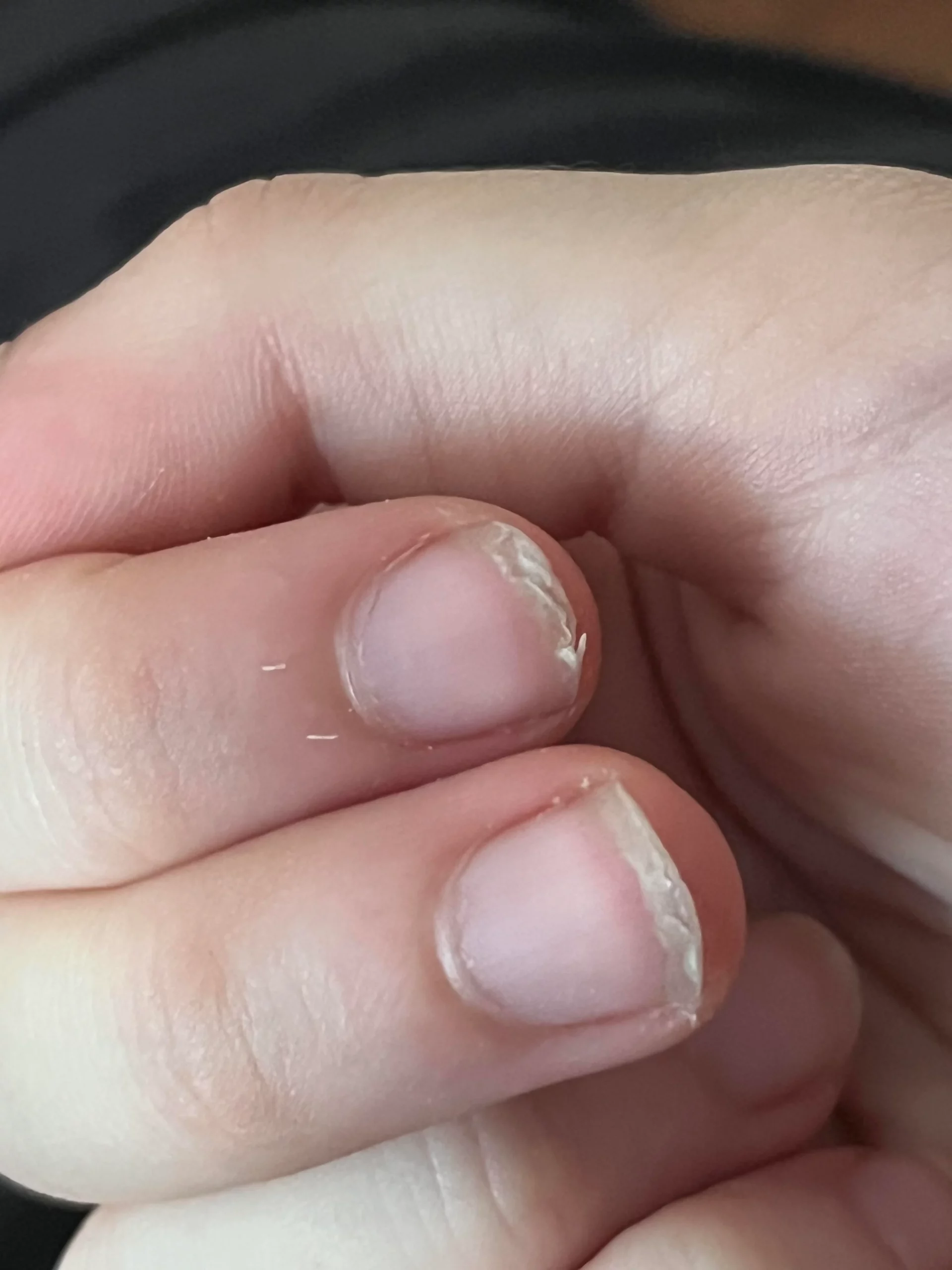 Image Source/Reddit
Image Source/Reddit
Changes in nail health and taste may indicate high blood pressure-related vascular issues affecting circulation. Regular blood pressure monitoring, lifestyle adjustments, and medical evaluation are crucial for managing hypertension and addressing associated symptoms, promoting overall health and well-being.Advertisement
Increased Snoring
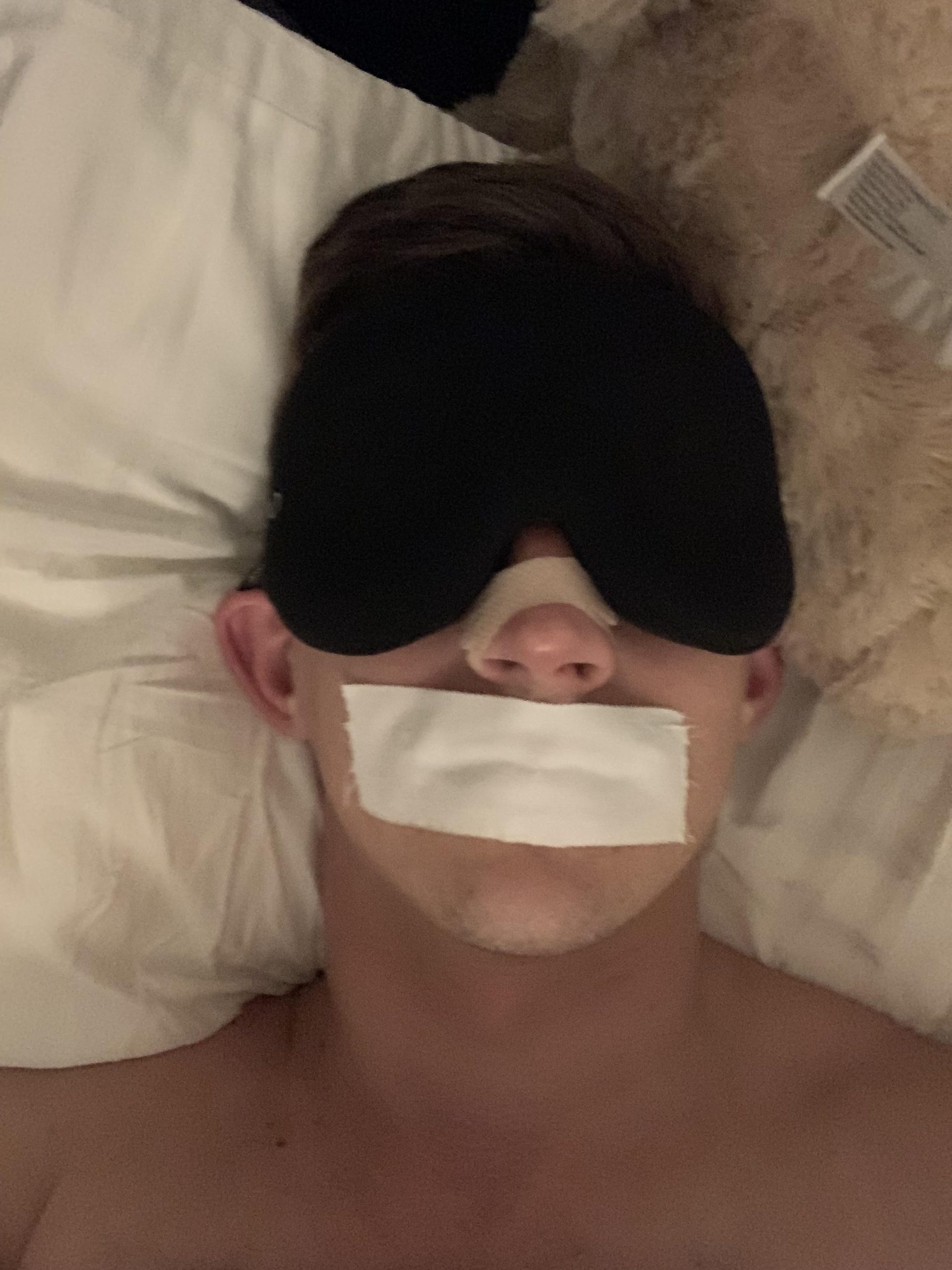 Image Source/Reddit
Image Source/Reddit
Increased snoring may signal high blood pressure-related sleep apnea, impacting breathing patterns. Regular blood pressure checks, lifestyle modifications, and medical attention are vital for managing hypertension and addressing associated symptoms, including snoring, for overall health and quality of sleep.Advertisement
Hair Texture Change
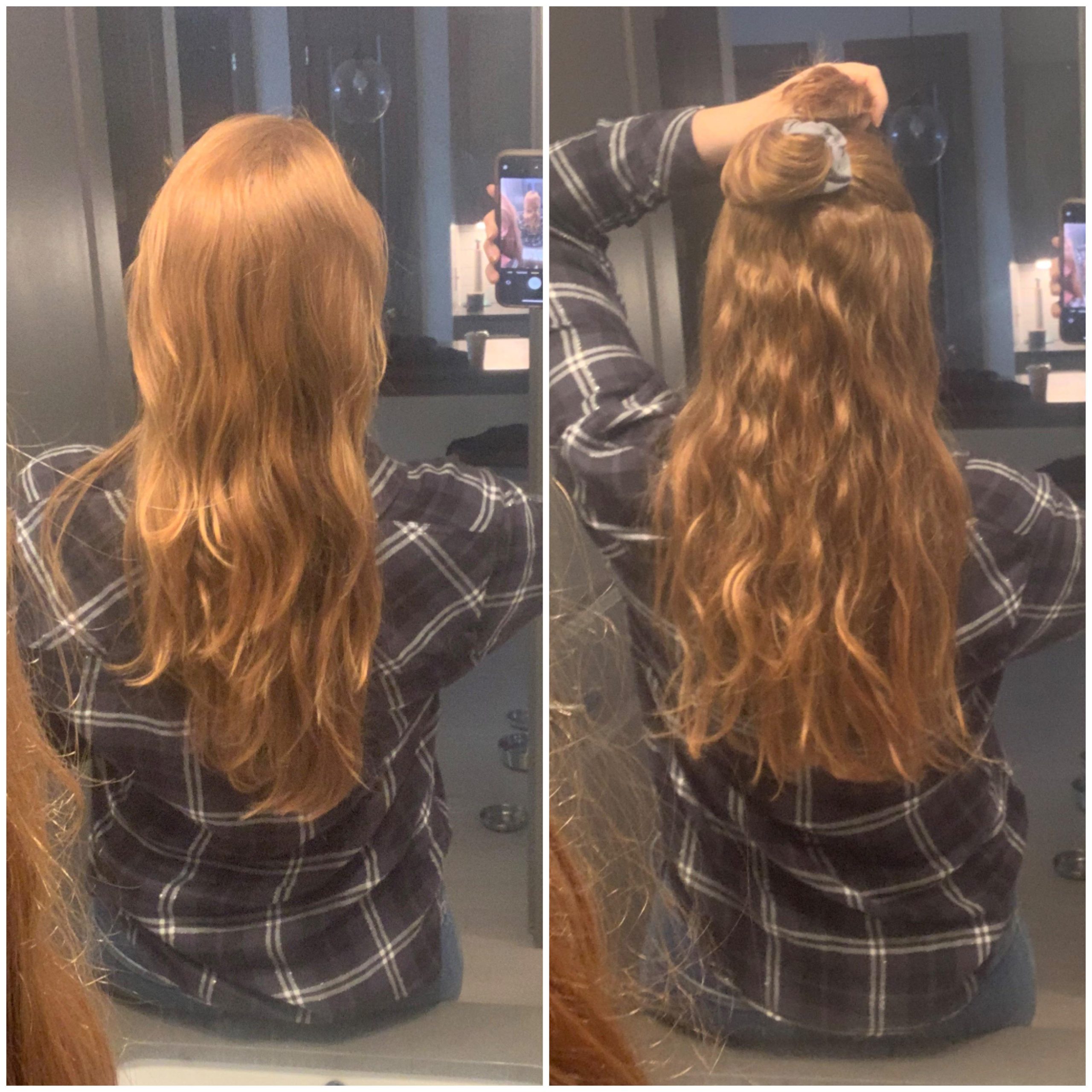 Image Source/Reddit
Image Source/Reddit
Changes in hair texture may be linked to high blood pressure, affecting blood flow to hair follicles. Regular blood pressure monitoring, lifestyle adjustments, and seeking medical advice are crucial for managing hypertension and addressing associated symptoms, including alterations in hair texture, for overall health.Advertisement
Increased Irritability
 Image Source/Reddit
Image Source/Reddit
Increased irritability may indicate high blood pressure-related stress and hormonal changes. Hypertension can impact mood regulation. Regular blood pressure monitoring, stress management, and seeking medical advice are essential for managing hypertension and addressing associated symptoms, promoting overall emotional well-being.Advertisement
Worsening Allergies
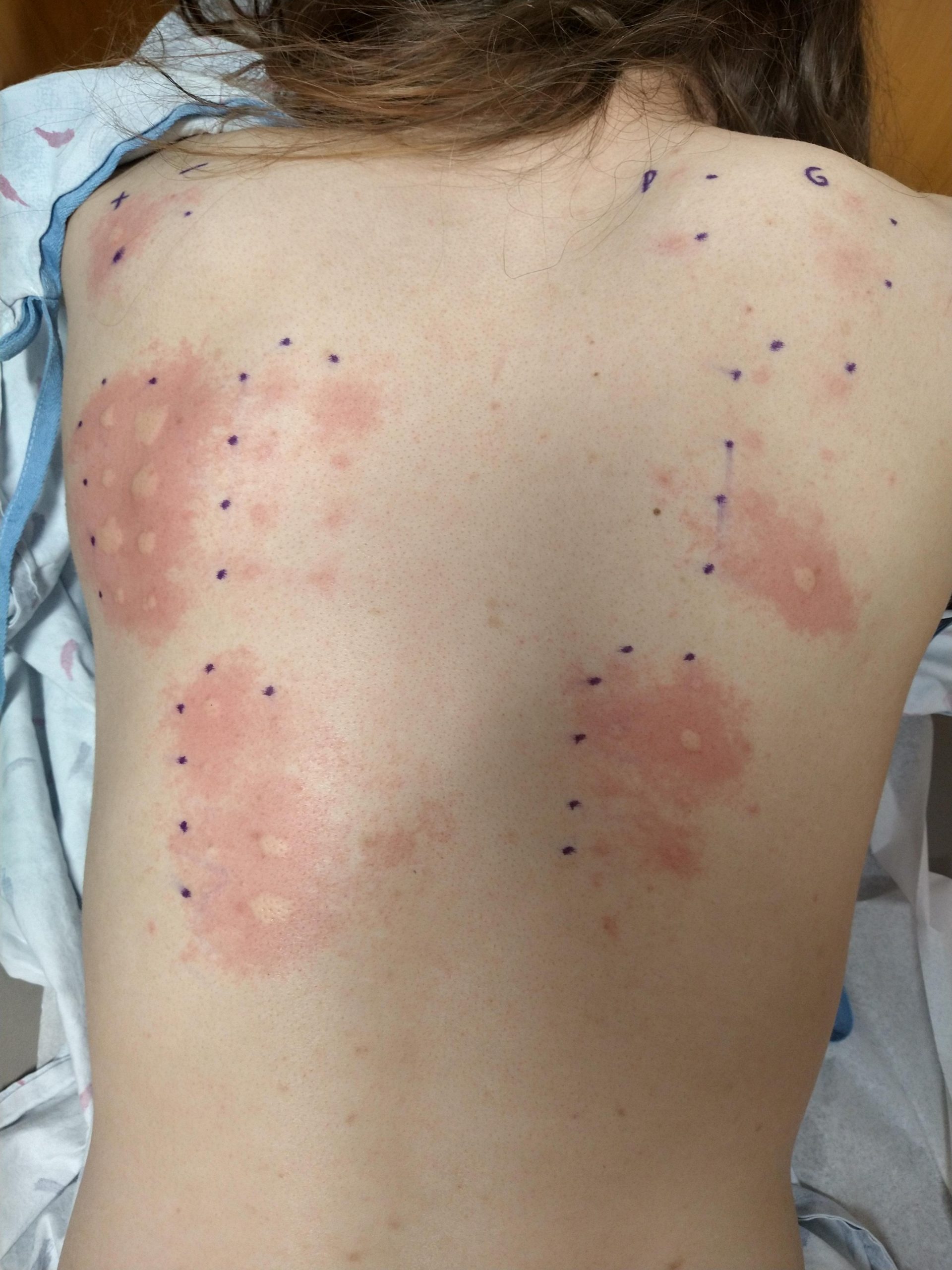 Image Source/Reddit
Image Source/Reddit
Worsening allergies may be linked to high blood pressure, as hypertension can affect immune responses. Regular blood pressure monitoring, lifestyle adjustments, and seeking medical advice are crucial for managing hypertension and addressing associated symptoms, including allergy changes, for overall health.Advertisement
Increased Susceptibility to Bruising
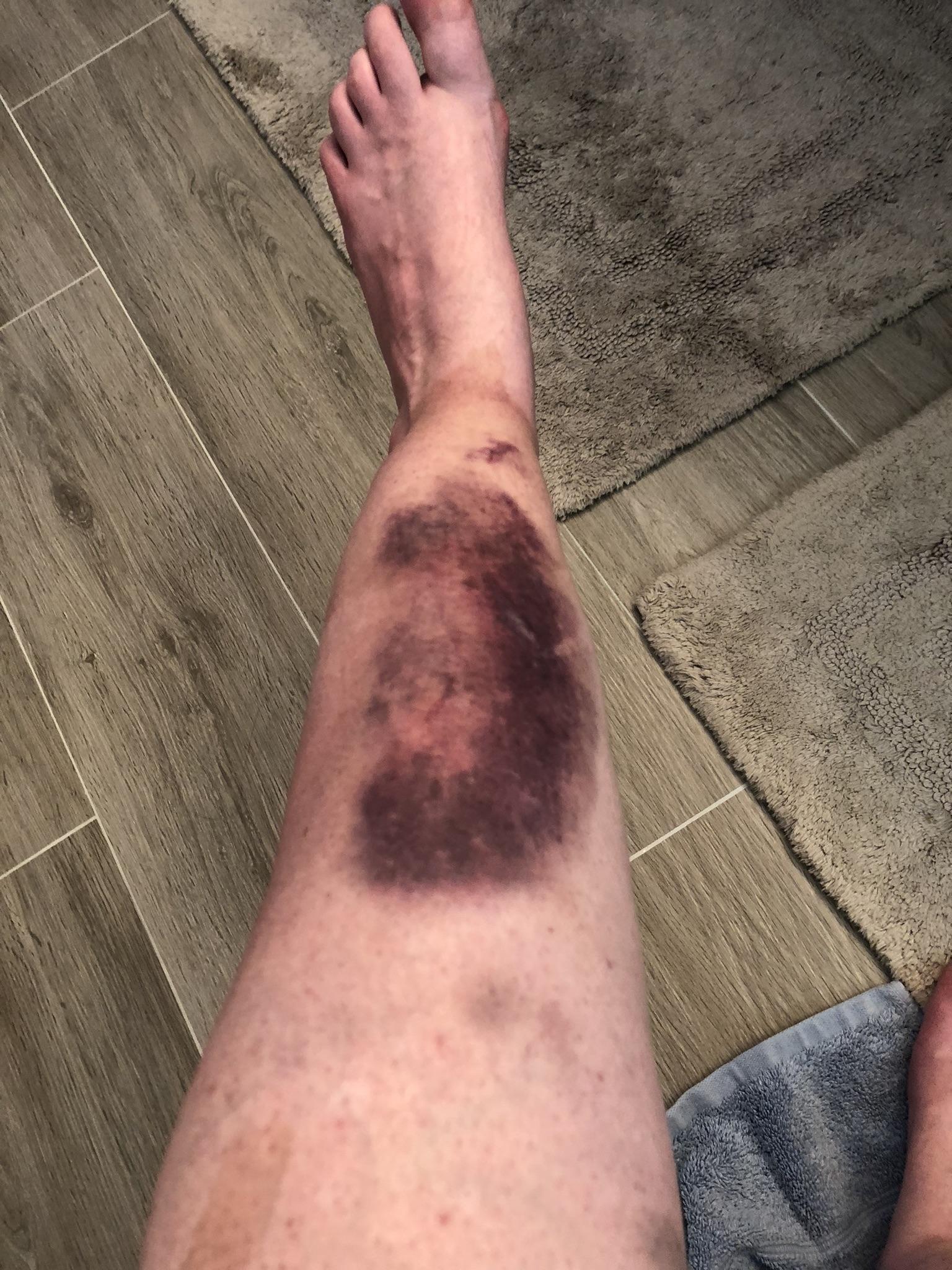 Image Source/Reddit
Image Source/Reddit
Increased susceptibility to bruising may be related to high blood pressure compromising blood vessel integrity. Regular blood pressure monitoring, lifestyle changes, and seeking medical guidance are crucial for managing hypertension and addressing associated symptoms, including bruising, for optimal vascular health.Advertisement
Speech Slurring
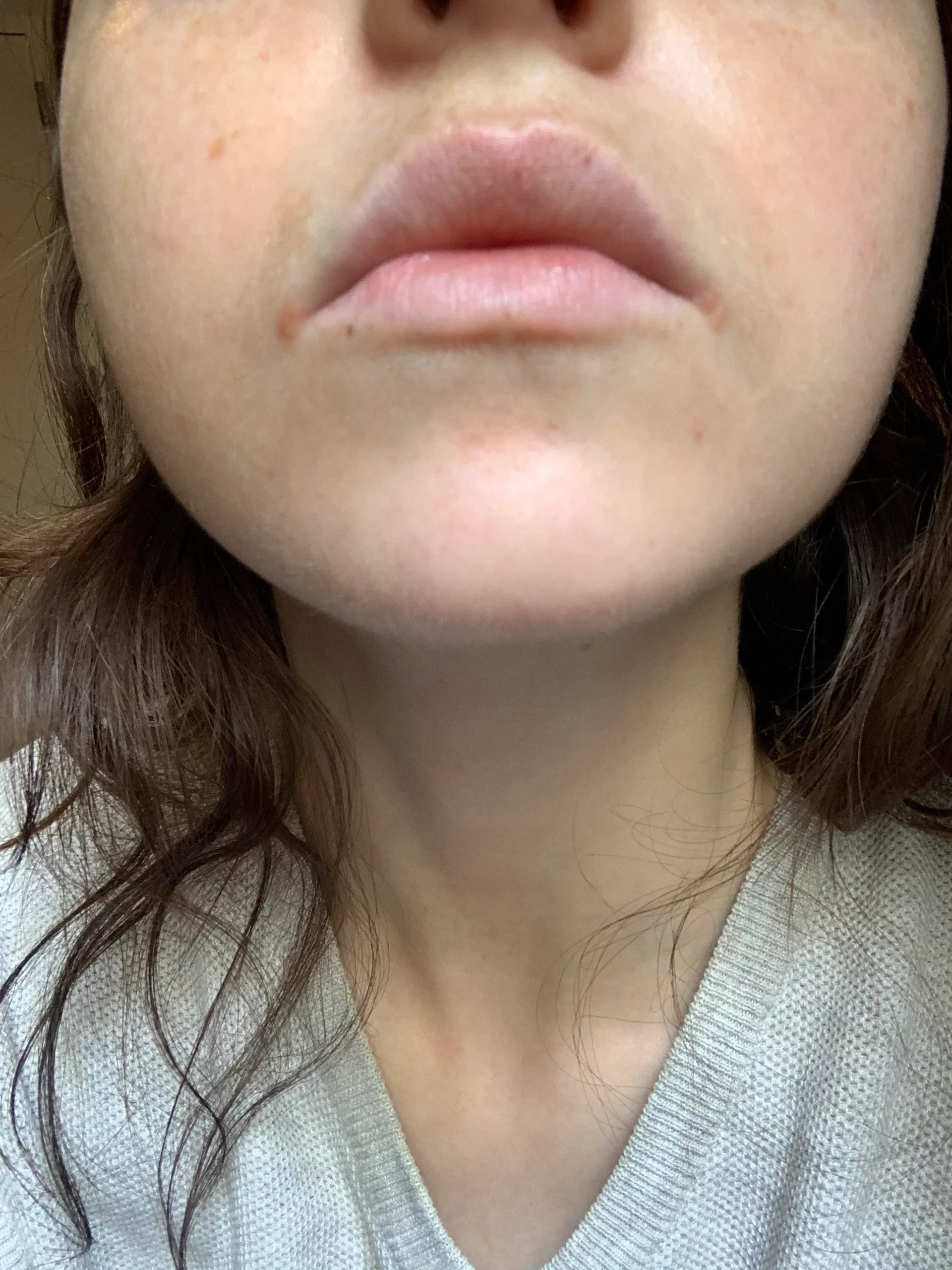 Image Source/Reddit
Image Source/Reddit
Speech slurring can signal high blood pressure-related complications such as a stroke. Elevated pressure can damage blood vessels in the brain, affecting speech centers. Immediate medical attention is crucial for assessing and managing hypertension to prevent serious neurological issues. Regular blood pressure checks are essential for overall cardiovascular health.Advertisement
Increased Sensitivity to Sound
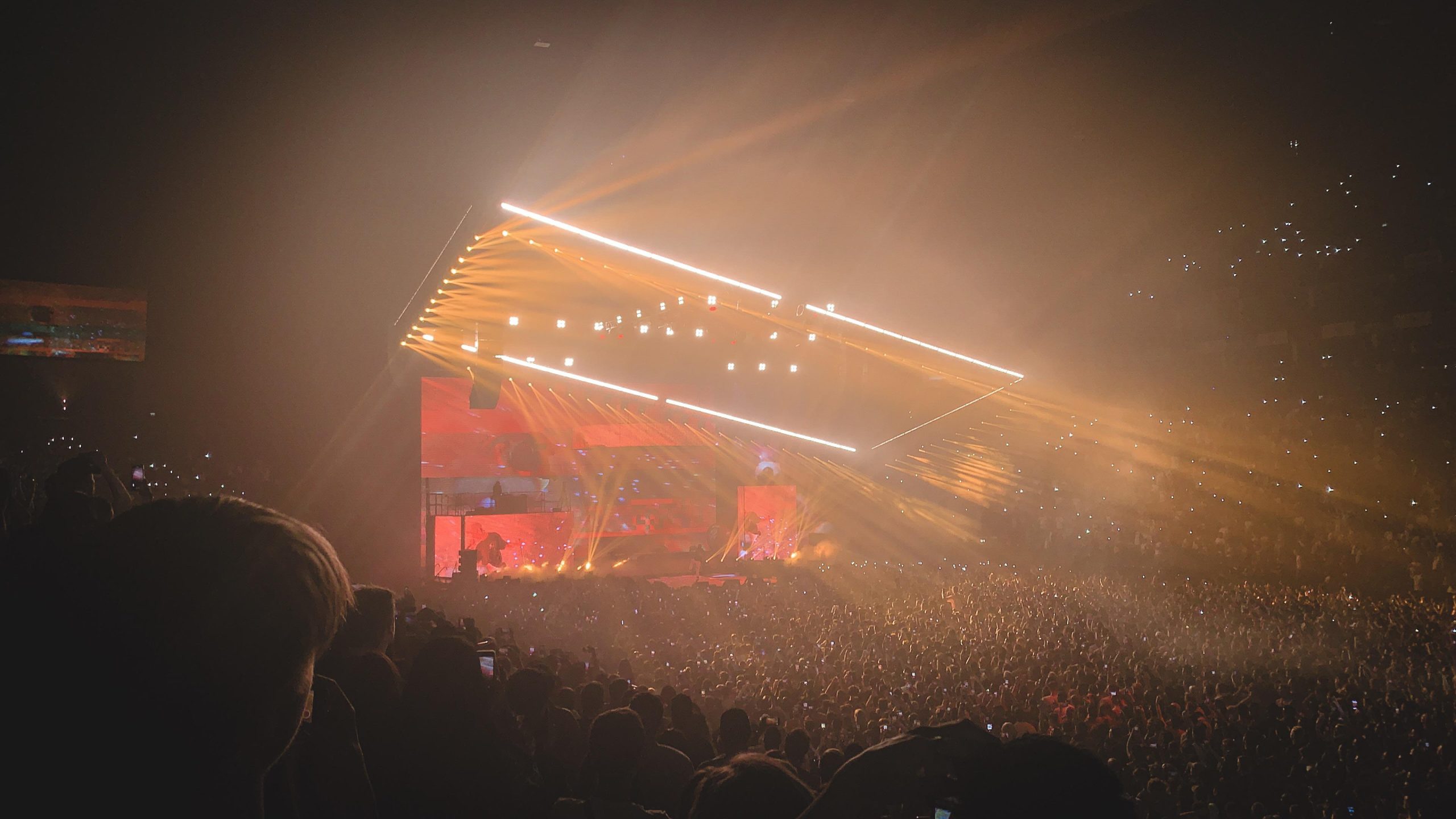 Image Source/Reddit
Image Source/Reddit
Increased sensitivity to sound may indicate high blood pressure affecting the nervous system. Hypertension can impact sensory perception. Regular blood pressure monitoring, lifestyle adjustments, and medical evaluation are essential for managing hypertension and addressing associated symptoms, including heightened sensitivity to sound, for overall well-being.Advertisement
Increased Gas and Bloating
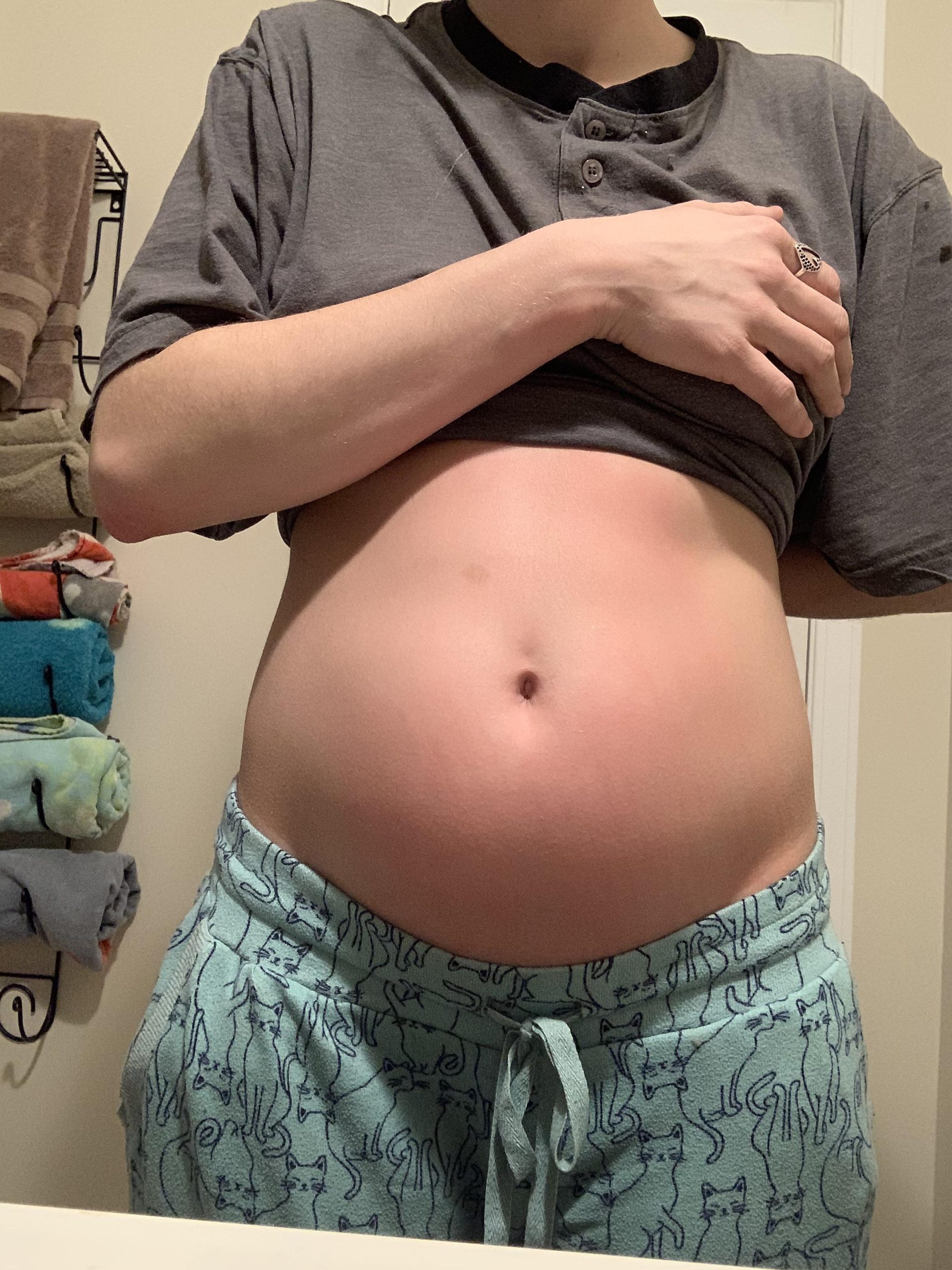 Image Source/Reddit
Image Source/Reddit
Increased gas may be linked to high blood pressure-related stress or dietary factors. Hypertension can impact digestive processes. Regular blood pressure monitoring, stress management, and dietary adjustments are crucial for managing hypertension and addressing associated symptoms, including increased gas, for overall digestive health.Advertisement
Changes to Handwriting
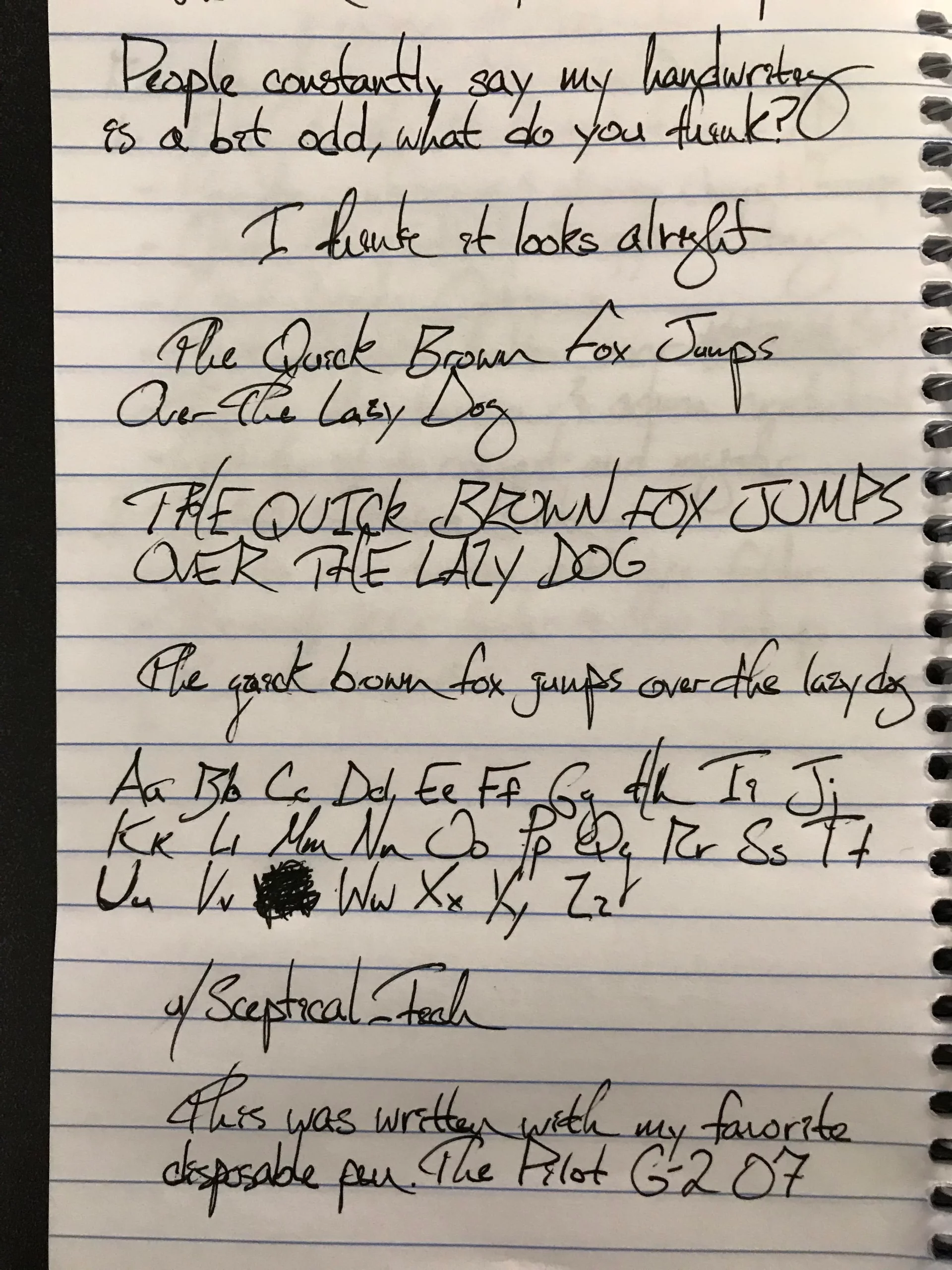 Image Source/Reddit
Image Source/Reddit
Changes in handwriting may indicate high blood pressure-related neurological issues. Hypertension can affect blood vessels in the brain, influencing motor skills. Regular blood pressure monitoring, lifestyle adjustments, and medical evaluation are essential for managing hypertension and addressing associated symptoms, including alterations in handwriting, for optimal neurological health.Advertisement
Increased Facial Hair Growth
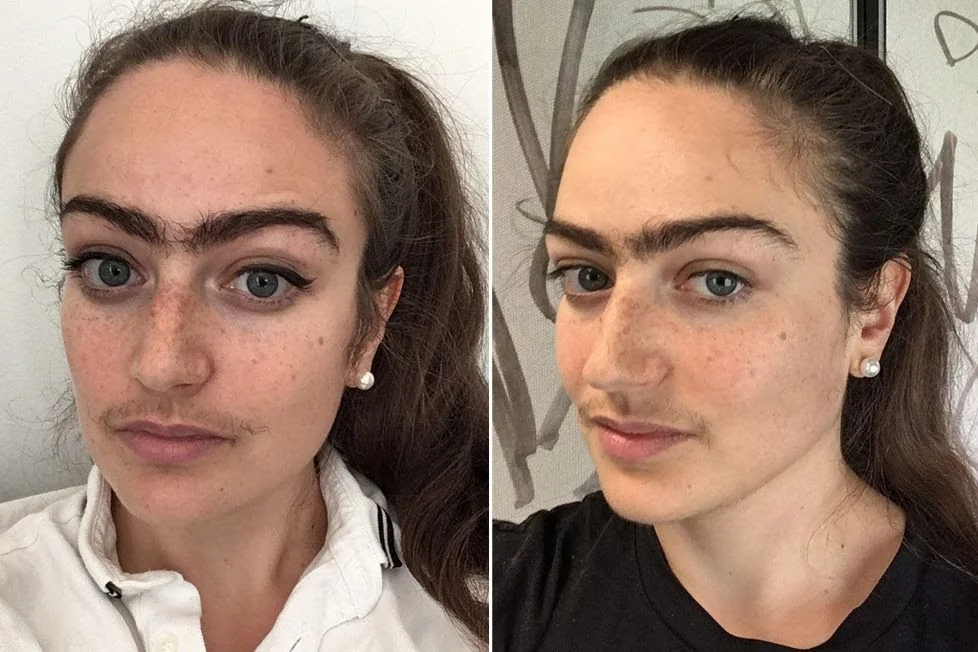 Image Source/Reddit
Image Source/Reddit
Increased facial hair growth is not typically associated with high blood pressure. However, hormonal imbalances, such as those seen in conditions like polycystic ovary syndrome (PCOS), can contribute to facial hair growth. If experiencing such changes, consulting a healthcare professional for a thorough evaluation and appropriate diagnosis is essential.Advertisement
Increased Appetite
 Image Source/Reddit
Image Source/Reddit
Increased appetite is generally not considered a direct sign of high blood pressure. However, certain medications used to treat hypertension might influence appetite. Lifestyle factors like stress and poor dietary choices can contribute to both increased appetite and high blood pressure. Monitoring blood pressure regularly, adopting a healthy lifestyle, and seeking medical advice are crucial for managing hypertension and addressing associated symptoms.Advertisement
Changes in Posture
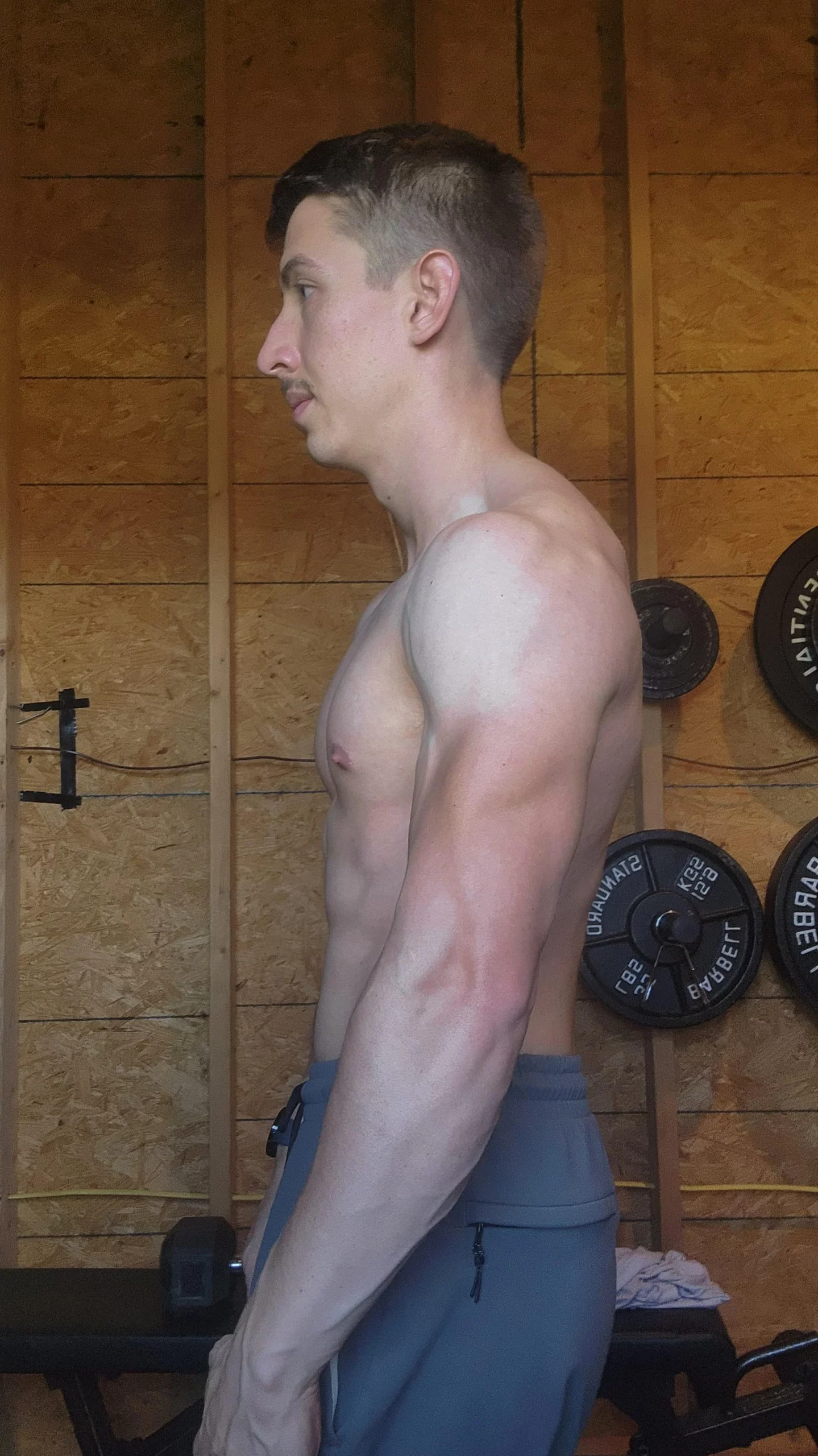 Image Source/Reddit
Image Source/Reddit
Changes in posture are not typically direct signs of high blood pressure. However, hypertension may lead to dizziness or lightheadedness, affecting posture. Regular blood pressure monitoring, lifestyle adjustments, and medical evaluation are crucial for managing hypertension and addressing associated symptoms, including changes in posture, for overall well-being.Advertisement
You've put on a few pounds
 Image Source/Reddit
Image Source/Reddit
Your favorite pants might not be fitting anymore and on top of that you have more chance of high blood pressure. As your weight increases your blood pressure increases. Even if you manage to lose five pounds this can have a big effect on your blood pressure levels.Advertisement
You're feeling confused
 Image Source/Reddit
Image Source/Reddit
Having enough oxygen is a vital part of keeping your head working in the right way. High blood pressure stops the amount of oxygen going to the brain and this causes the confusion. So maybe you aren't just forgetful and you actually need your blood pressure sorted.Advertisement
You're dizzy even when you're sitting down
 Image Source/Reddit
Image Source/Reddit
If you're feeling dizzy even when you are sitting down ready to watch your favorite show you could need to sort your blood pressure levels. Having high blood pressure makes the oxygen supply to brain run slow and this causes the dizzy feeling to kick in.Advertisement
You're feeling quite on edge
 Image Source/Reddit
Image Source/Reddit
When you are feeling quite anxious your blood pressure levels rise. If you are just having a day of feeling a bit on edge then the high blood pressure will be a temporary effect. Although if you are suffering with anxiety it might be best to get your blood pressure sorted.Advertisement
You don't have a regular heartbeat
 Image Source/Reddit
Image Source/Reddit
Faster heartbeat when you aren't doing anything? When you have high blood pressure the heart works so much harder to get the blood around the heart. This hard work causes your heart beat to become irregular and become a lot faster even when you aren't working out.Advertisement
You don't eat enough fruit in your diet
 Image Source/Reddit
Image Source/Reddit
It's never been more important to get your five a day in! Fruit lowers the sodium levels in your body which is a major cause for high blood pressure. If you really want to control your blood pressure levels then eating a banana is a great way to get that done.Advertisement
Nosebleeds are a big part of your life
 Image Source/Reddit
Image Source/Reddit
Nosebleeds are really no fun at all and they are made way much more common when you have high blood pressure. When blood pressure levels are high the blood vessels are persistently raised and this causes the chances of nosebleeds becoming a lot more frequent.Advertisement
You're feeling tired often
 Image Source/Reddit
Image Source/Reddit
It's not something to ignore if you are constantly feeling tired everyday. High blood pressure has an effect on your small blood vessels and this stops your kidneys from working the way they should. When your kidneys don't work properly you'll get a higher blood pressure.Advertisement
You're struggling to breathe regularly
 Image Source/Reddit
Image Source/Reddit
Even your lungs miss out on good oxygenated blood when your blood pressure is too high. If your lungs are lacking in oxygen they will find it harder to work and this will result in you really struggling to breathe. So even doing your normal routine might be harder with high blood pressure.Advertisement
There's bright lights in your vision
 lyImage Source/Reddit
lyImage Source/Reddit
Flashing lights even when you don't have a bright light in your eyes? This is a serious symptom of high blood pressure and shouldn't be ignored. Due to reduced blood flow to the eyes from the high blood pressure your optic nerve gets damaged which causes the lights to appear.Advertisement
You smoke regularly
 Image Source/Reddit
Image Source/Reddit
Even if you smoke one cigarette you will still see a temporary effect on your blood pressure levels. Smoking over time causes damage to your blood vessels which causes an effect on the blood pressure levels in the body. So maybe quitting the dirty habit might be a good idea!Advertisement
You don't work out much
 Image Source/Reddit
Image Source/Reddit
Needing some inspiration to get yourself down to the gym? Not working out makes the heart weaker which causes the blood to have a harder time pumping around the body. By working out regularly the heart gets stronger causing blood pressure levels to decrease.Advertisement
Your diet is full of salt
 Image Source/Reddit
Image Source/Reddit
Maybe laying off the salt on your fries might not be such a bad idea. High intakes of salt makes the levels of water in the body increase and this puts extra pressure on the blood vessel walls in the body. When there's too much pressure blood pressure levels increase.Advertisement
You're pregnant
 Image Source/Reddit
Image Source/Reddit
Pregnancy comes with a varied amount of different complications and high blood pressure is unfortunately one of them. It is so important to monitor blood pressure levels throughout the whole of pregnancy due to the increased risk it has on the body and baby.Advertisement
Pulsating in your neck
 Image Source/Reddit
Image Source/Reddit
Although not widely talked about having a pulsing or painful neck is a big sign that your blood pressure levels need checking out. When the neck begins to pulse the nervous system is having a harder time working exactly how it should due to the pressure.Advertisement
You sweat irregularly
 Image Source/Reddit
Image Source/Reddit
Sweating on a cold winter's day and can't seem to stop? You probably should check your blood pressure levels out. Your body generally has a harder time working to keep you going with high blood pressure. The body at work can cause physical symptoms such as sweating when blood pressure is high.Advertisement
You struggle to fall to sleep
 Image Source/Reddit
Image Source/Reddit
Feeling so tired but just can't seem to fall to sleep? If you are struggling with insomnia your chances of high blood pressure are increased. When we are asleep our hormone levels are regulated to enable the body to work correctly, without this they can't work correctly.Advertisement
Your ankles have swollen
 Image Source/Reddit
Image Source/Reddit
If you haven't injured your ankle physically but it still appears to be swollen then it may be high blood pressure that has affected this. When you have high blood pressure the levels of fluid increase in your body. This fluid can then be found to store in the ankles.Advertisement
Your face is flushed all the time
 Image Source/Reddit
Image Source/Reddit
Another physical sign of high blood pressure is having constant flushed cheeks. Blood pressure levels have a massive effect on circulation in the body and when this becomes poor the face can become flushed. Flushed cheeks happen when the blood vessels dilate.Advertisement
You've lost a lot of strength
 Image Source/Reddit
Image Source/Reddit
Due to the fact the heart has to work so much harder when the body is suffering from high blood pressure the strength of it is affected. If the heart is not strong then the body does not have the strength to keep muscle levels high in the rest of the body.Advertisement
You struggle with thyroid problems
Image Source/Reddit
Having thyroid problems directly affects the way that the hormones work in the body. Hormone levels are important to ensure that the body can regulate everything coming in and out of it. Without the right hormones the body will struggle regulating salt, causing high blood pressure.Advertisement
You're struggling with seizures
 Image Source/Reddit
Image Source/Reddit
Long term effects of high blood is an increased chance of having regular seizures. The damage that high blood pressure has on the whole body can result in the body responding with a seizure. It is important any early signs are treated before getting to this stage.Advertisement
You have dementia
 Image Source/Reddit
Image Source/Reddit
Having a good healthy heart throughout your whole life seriously cuts down the chances of being diagnosed with dementia in later life. This is why when diagnosed with dementia it is important to check your blood pressure levels to ensure they are normal.Advertisement
Low blood pressure: what is it?
 image source: reddit.com
image source: reddit.com
Most people know that high blood pressure is a serious health condition if not managed, and while it's important to always look for the warning signs of high blood pressure - or hypertension - it's also important to look for signs of low blood pressure, also known as hypotension. This is when the pressure in your blood vessels is much lower than it should be.Advertisement
Signs of low blood pressure: you feel lightheaded
 image source: reddit.com
image source: reddit.com
If you're having low blood pressure, feeling lightheaded can be a common symptom. This can be because your blood pressure isn't at the regular level so you might not feel like you have enough energy or oxygenated blood to keep you feeling your best without feeling weak.Advertisement
You have regular dizzy spells
image source: reddit.com
This can then lead to you feeling really dizzy in severe cases - and you might find that you have serious dizzy spells every now and again instead of just feeling lightheaded all the time. It's important to sit down and put your head between your knees if you feel dizzy to try and level your blood pressure.Advertisement
Cold, clammy hands
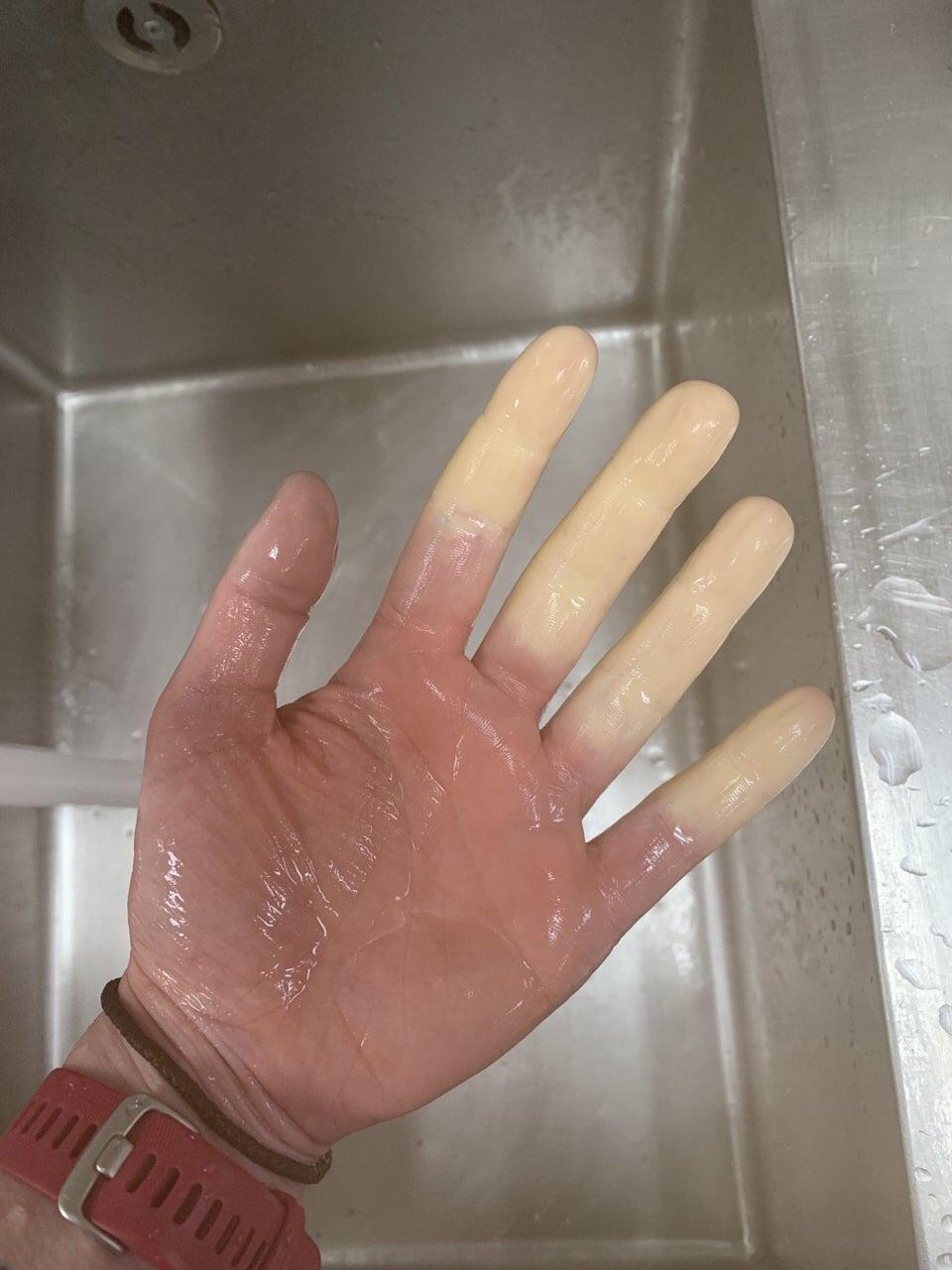 image source: reddit.com
image source: reddit.com
Cold, clammy hands are like a subtle signal from your body, often hinting at low blood pressure. When blood pressure drops, it’s like a hasty rerouting of blood, leaving your hands feeling chilly and moist. It’s your body’s way of prioritizing essential functions over extremities. If your hands frequently give you the cold shoulder, it might be worth checking in with a healthcare pro to ensure everything is flowing smoothly.Advertisement
Paleness
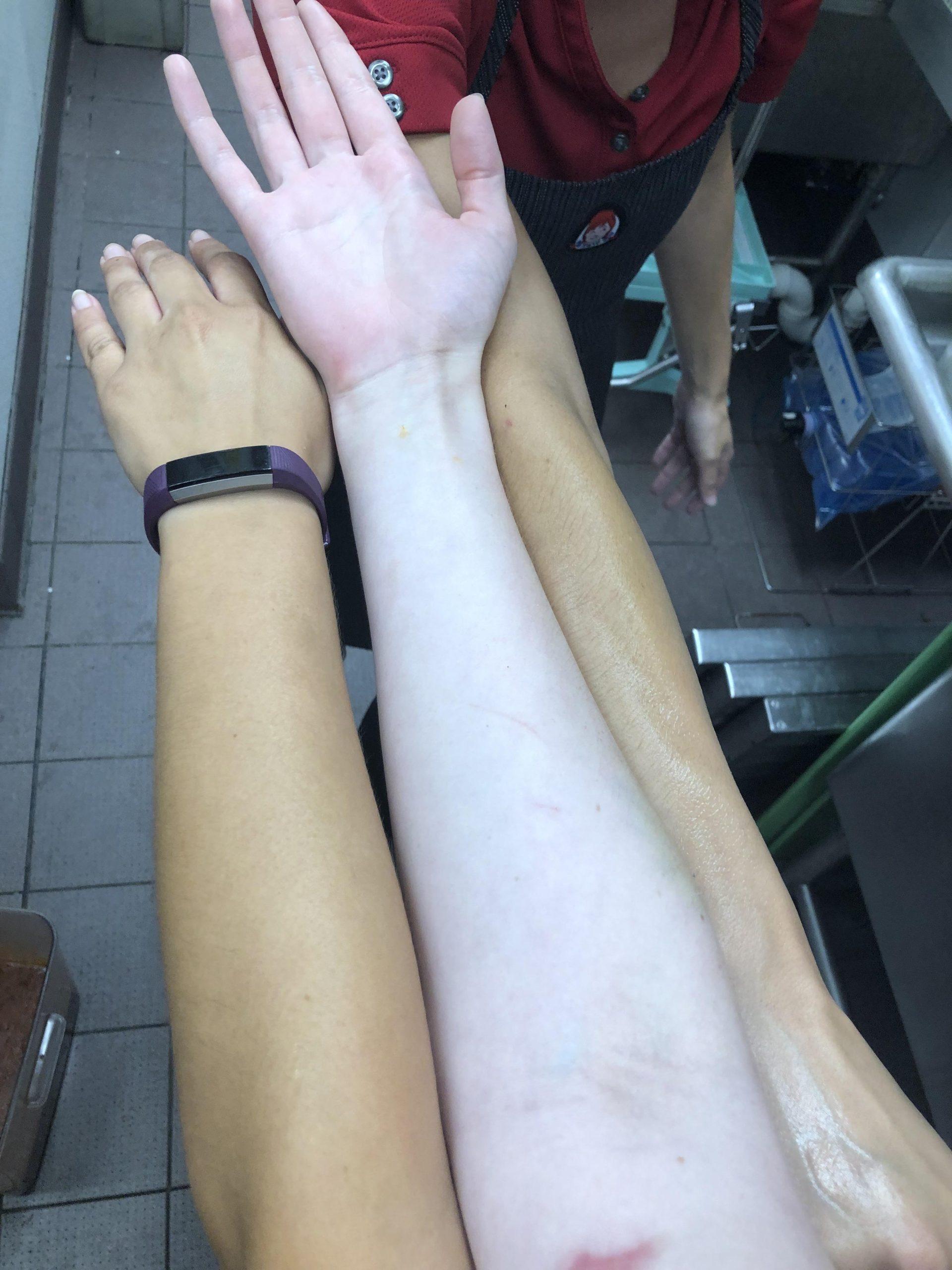
image source: reddit.com
When blood pressure takes a dip, the reduced circulation might leave you with pale skin. Think of it as your body’s way of saying, “Hey, I’m redirecting resources to keep things vital.” So, if you notice both cold, clammy hands and a sudden paleness, it’s like your body’s subtle SOS signal – time to have a chat with a healthcare expert to make sure everything’s on the right track.Advertisement
Shallow rapid breathing
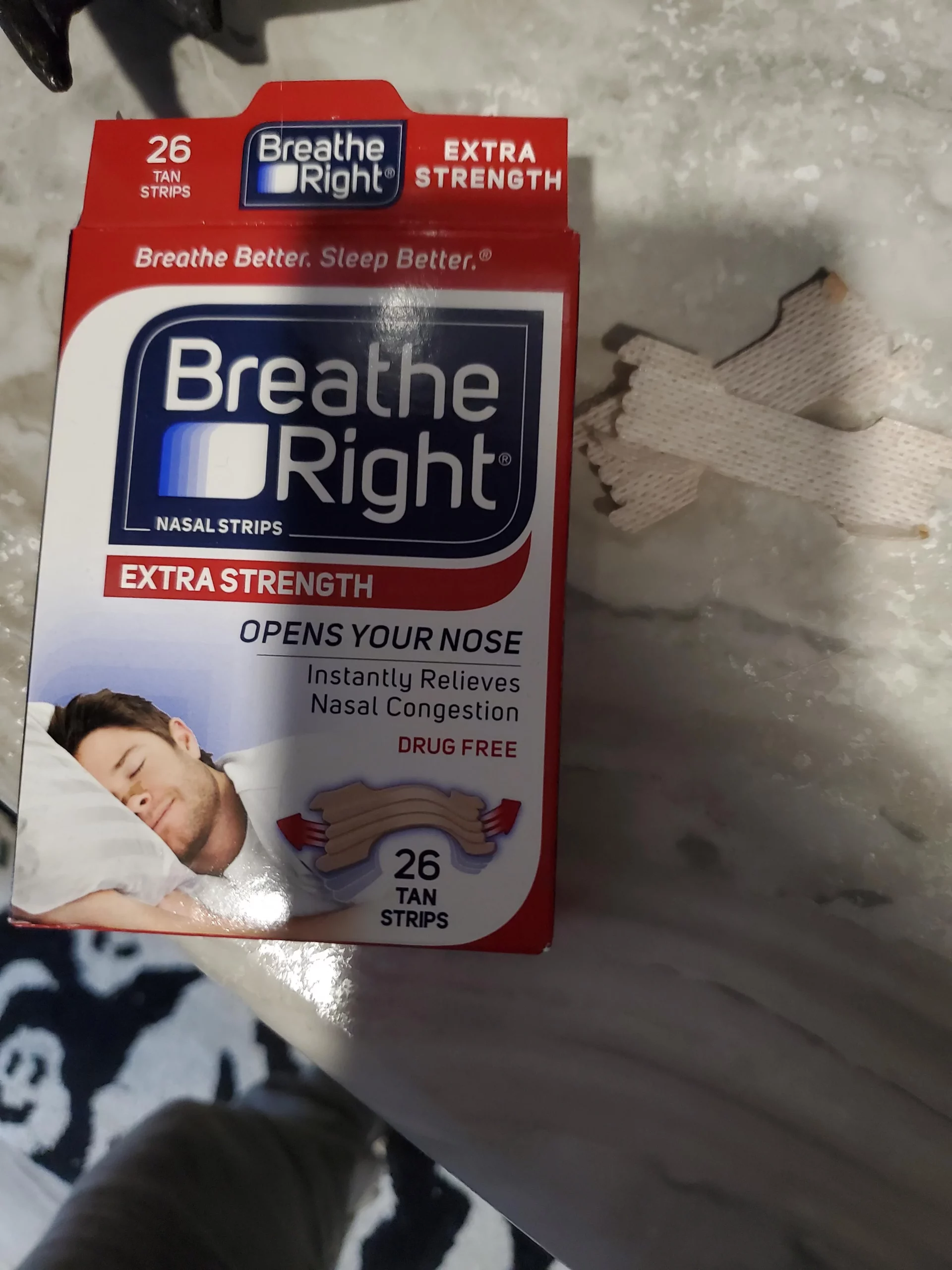 image source: reddit.com
image source: reddit.com
When your body’s in low blood pressure mode, it often recruits a partner in signaling distress: shallow, rapid breathing. This tag team of symptoms suggests that your cardiovascular system might be feeling the pinch. Reduced blood flow prompts the body to speed up breathing in an effort to boost oxygen levels. So, if you catch yourself breathing fast, with chilly, clammy hands and a touch of paleness, it’s like your body’s emergency broadcast system – a cue to check in with a healthcare professional to ensure you’re getting the care you need.Advertisement
Excessive thirst
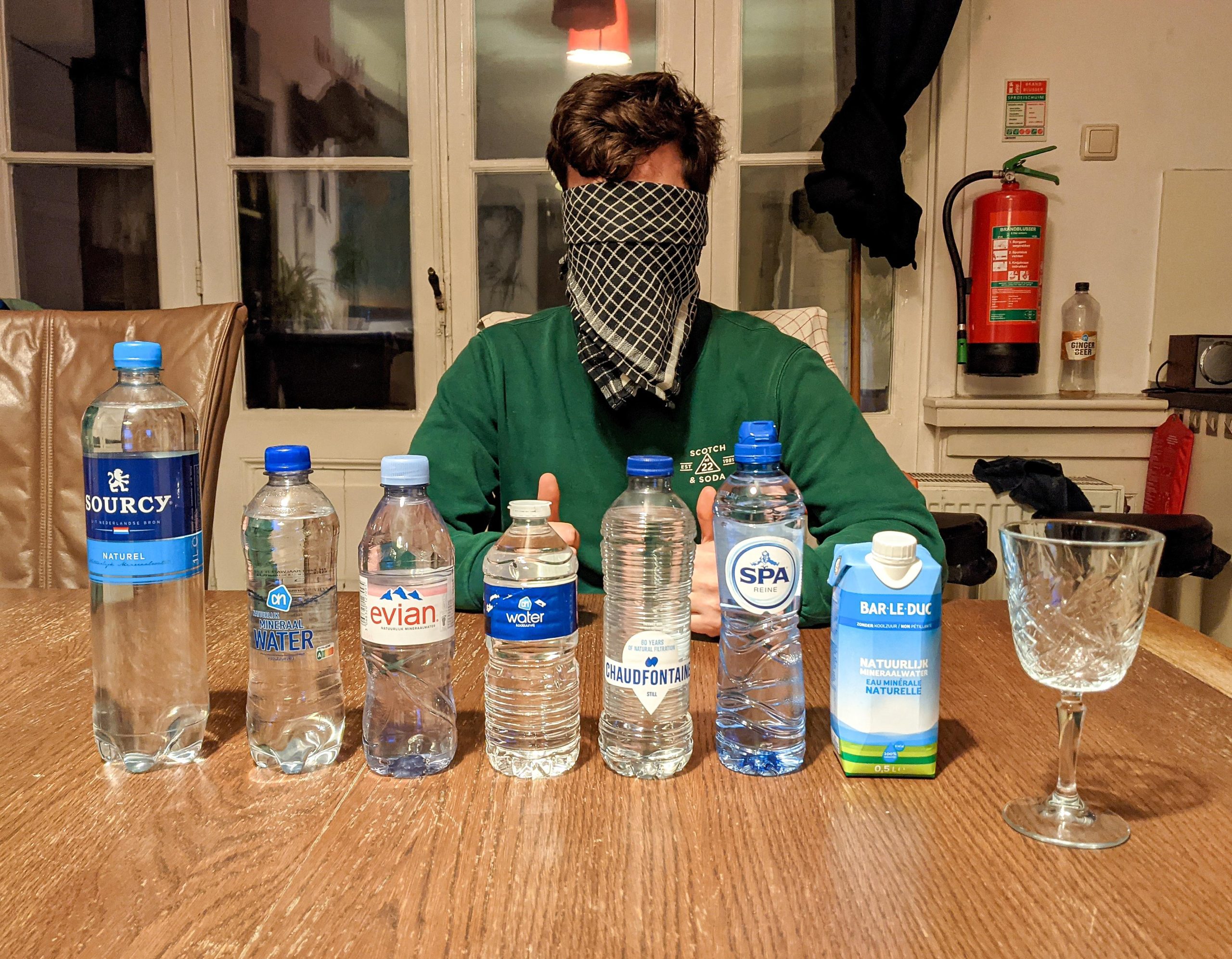 image source: reddit.com
image source: reddit.com
Excessive thirst can join the ensemble of signals when low blood pressure takes the stage. When blood pressure drops, the body may react by activating its thirst mechanism, urging you to drink more fluids. This is a clever strategy to increase blood volume and, in turn, help raise blood pressure. So, if you find yourself reaching for the water bottle more frequently, alongside symptoms like cold, clammy hands, paleness, and rapid breathing, it’s your body’s way of prompting a health check-in to ensure everything is in balance.Advertisement
Lack of sweating
image source: reddit.com
In the drama of low blood pressure symptoms, a lack of sweating can be a notable player. When blood pressure is on the lower side, the body may reduce sweat production as a way to conserve fluids. It’s like your body’s economy mode, trying to maintain essential functions without losing too much water through sweating. So, if you notice dry skin and a reduced inclination to sweat, especially in conjunction with other signs like excessive thirst, cold, clammy hands, and rapid breathing, it’s like your body’s subtle script for seeking medical attention and ensuring your cardiovascular system is in balance.Advertisement
Diminished urine output
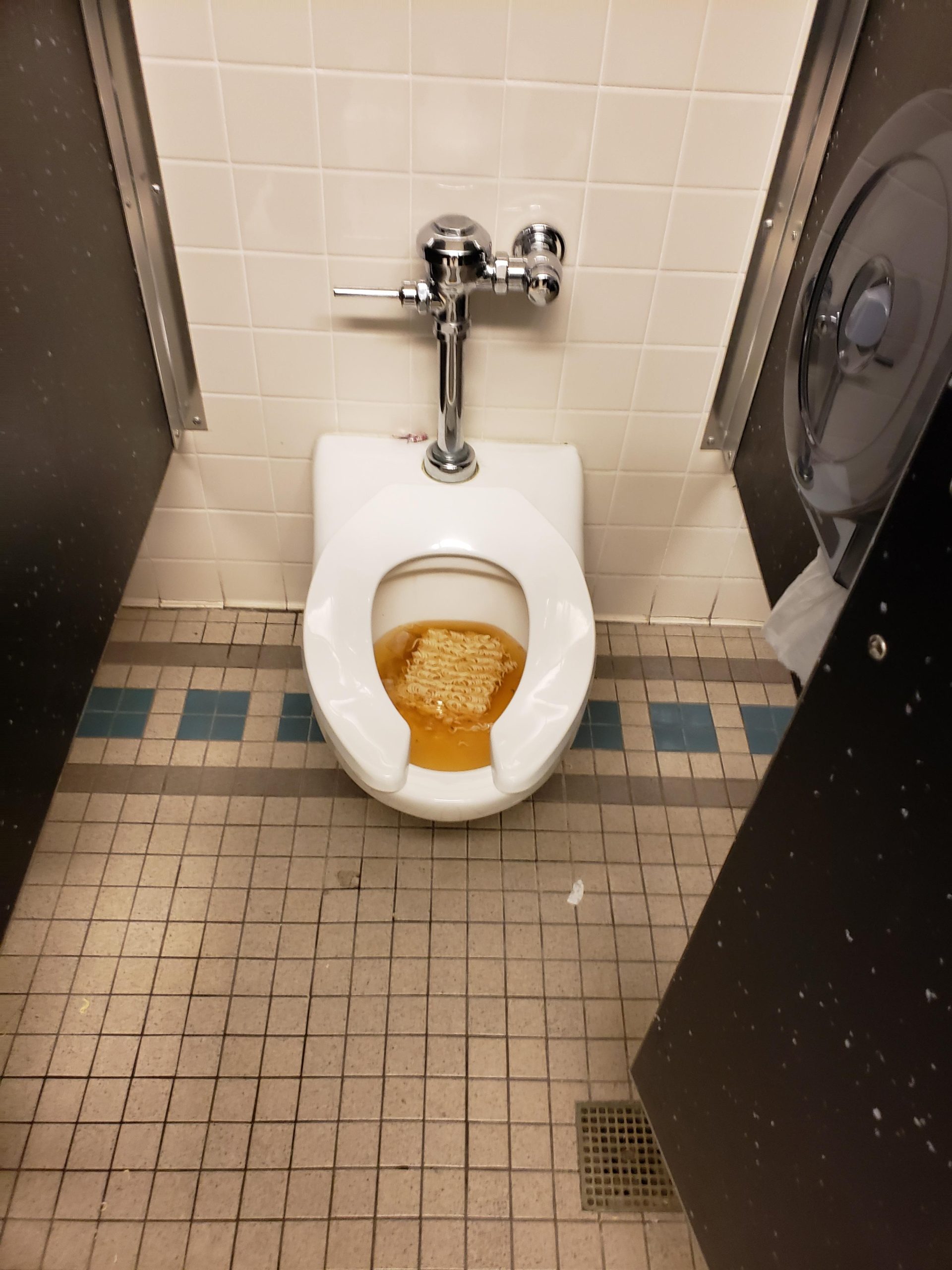
image source: reddit.com
When blood pressure is low, the body may restrict urine production as a means of conserving fluid. This reduction in urine output is a response aimed at maintaining blood volume and preventing further decline in blood pressure. So, if you find yourself making fewer trips to the bathroom and experience this alongside symptoms like excessive thirst, cold, clammy hands, paleness, rapid breathing, and reduced sweating, it’s a comprehensive signal from your body that warrants a conversation with a healthcare professional to ensure your cardiovascular health is in check.Advertisement
Chest pain
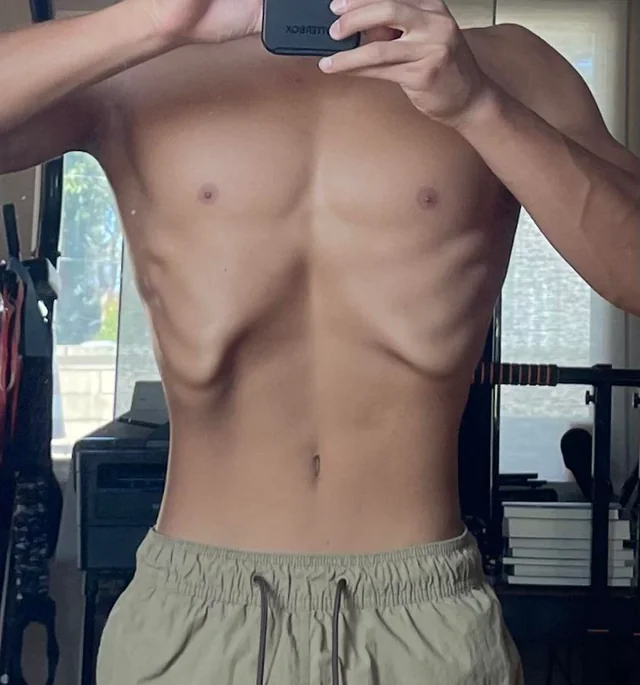 image source: reddit.com
image source: reddit.com
Chest pain can be a more serious and alarming note in the symphony of low blood pressure symptoms. While not as common, low blood pressure may lead to inadequate blood flow to the heart, resulting in chest discomfort. It’s crucial not to dismiss chest pain, as it can be a sign of various medical issues, including more severe cardiovascular conditions.Advertisement
Weak pulse
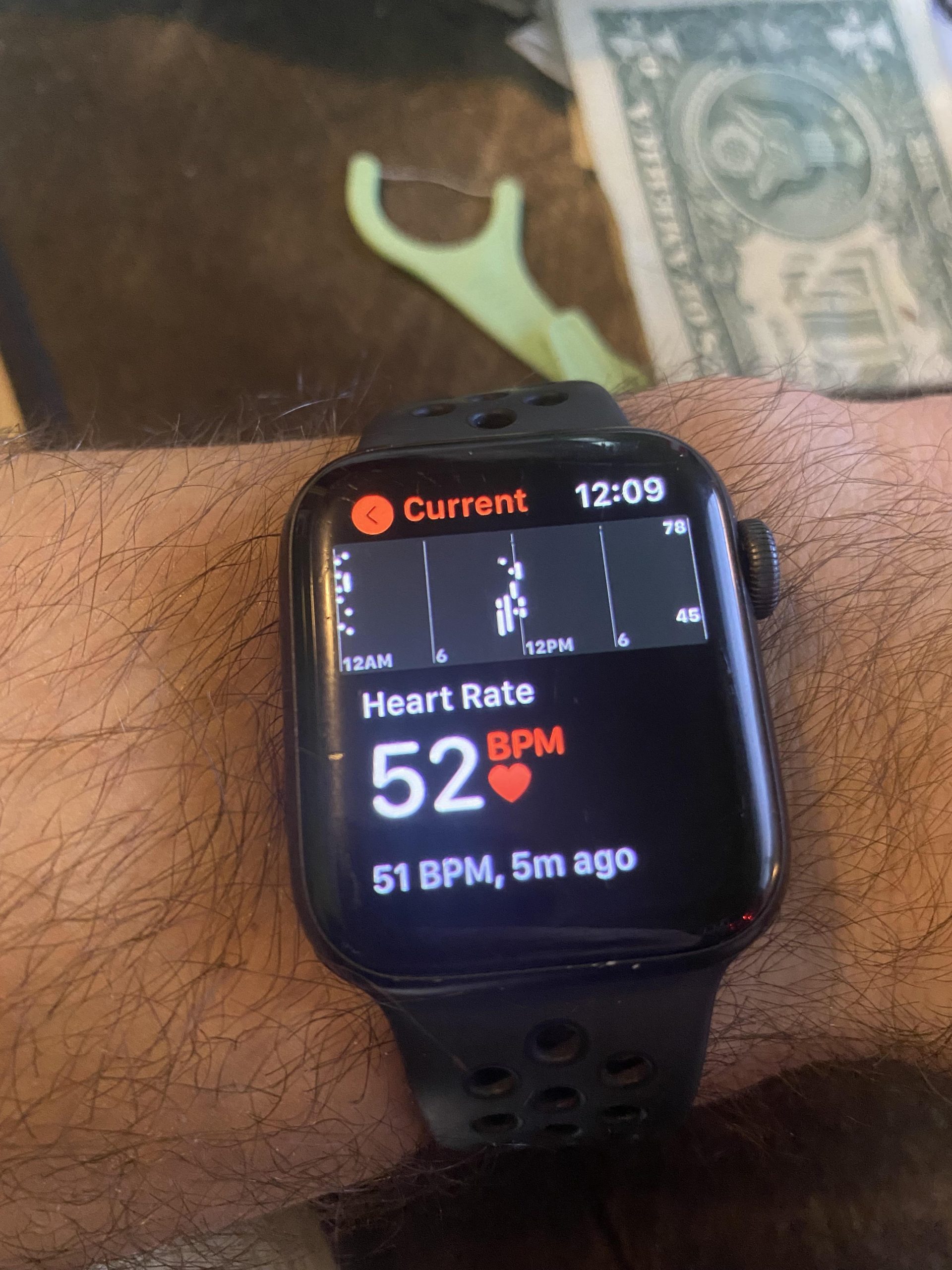 image source: reddit.com
image source: reddit.com
When blood pressure drops, the force of blood against the artery walls diminishes, leading to a weaker pulse. Monitoring your pulse can provide valuable insights into your cardiovascular health. If you notice a consistently weak pulse along with other symptoms like cold, clammy hands, paleness, rapid breathing, reduced sweating, diminished urine output, and possibly chest pain, it’s a compelling reason to consult with a healthcare professional promptlyAdvertisement
Shortness of breath
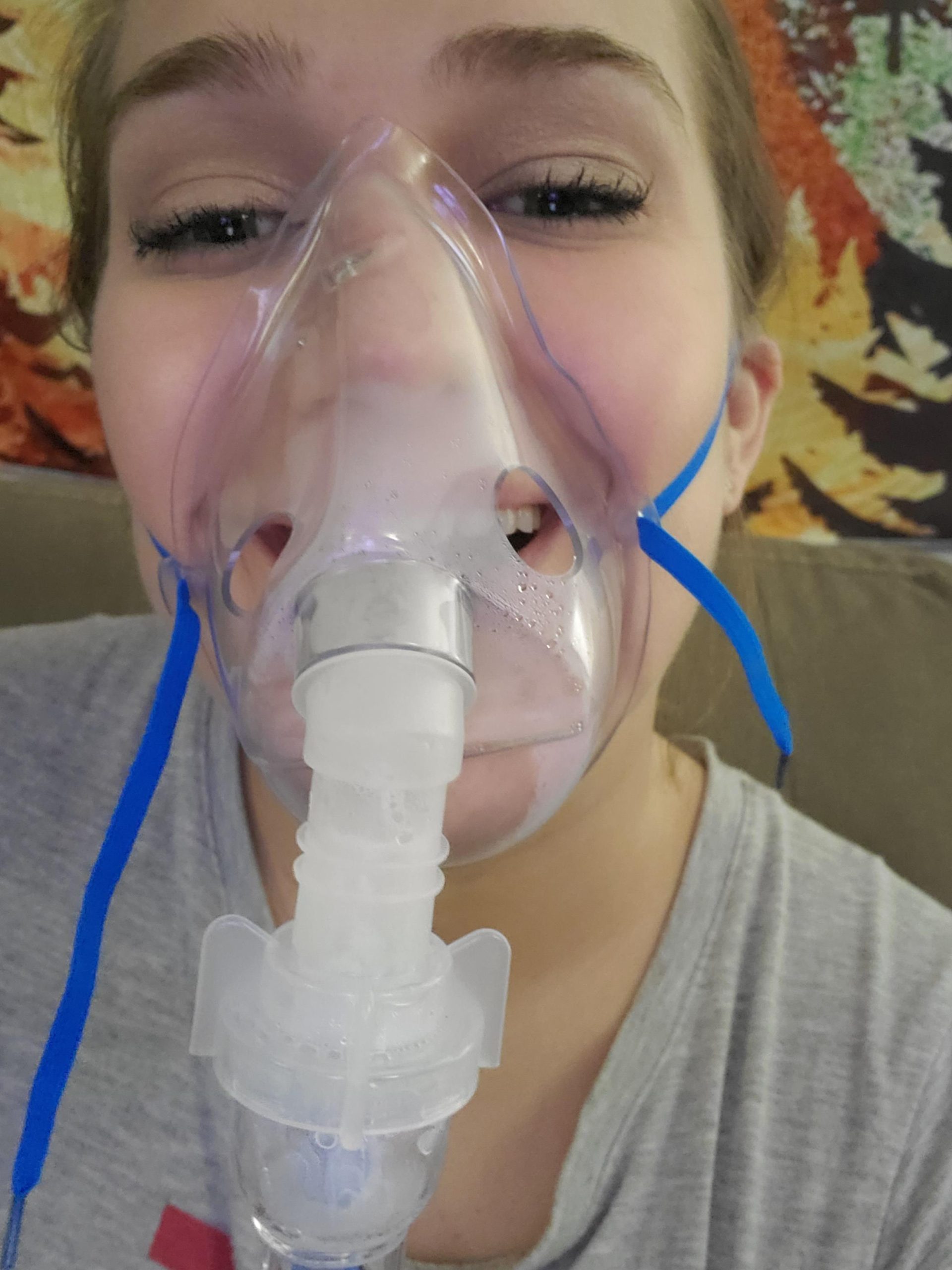 image source: reddit.com
image source: reddit.com
Shortness of breath is a key player in the low blood pressure narrative, often signaling that your cardiovascular system might be under stress. When blood pressure is low, the body may respond with a sensation of breathlessness as it struggles to maintain sufficient oxygen delivery.Advertisement
Difficulty getting up after sitting/lying down
image source: reddit.com
Difficulty getting up after sitting or lying down can be associated with various health conditions, including orthostatic hypotension, which is a form of low blood pressure. When you stand up, gravity causes blood to pool in your legs, and if your body doesn’t adjust quickly enough, it can lead to a temporary drop in blood pressure. This can result in feelings of dizziness or lightheadedness and difficulty getting up. (edited)Advertisement
Your vision is blurred
 image source: reddit.com
image source: reddit.com
You may find that your vision is blurred either sometimes or all the time if you're suffering from low blood pressure. It's important to visit an eye doctor first with any vision changes, and if you don't need glasses, you can speak to a doctor about what could be causing your blurred vision!Advertisement
Or its faded only a certain spot
 image source: reddit.com
image source: reddit.com
You might also experience vision problems that are localized to one spot in your eye, rather than just general blurred vision - this could be a spot in the corner of your eye that has faded vision, or it might be in the center of your vision. Pay attention to any vision changes, no matter how small!Advertisement
You feel really weak
 image source: reddit.com
image source: reddit.com
People with low blood pressure may also feel very weak. As well as feeling lightheaded and dizzy, you might feel like simple tasks have you feeling a bit light on your feet, and you don't feel a lot of strength for even everyday tasks or chores, especially if you're lifting or moving things.Advertisement
You feel a little bit confused, too
 image source: reddit.com
image source: reddit.com
In serious cases of low blood pressure, your brain power might also be compromised, and this can happen due to lack of healthy blood flow to certain parts of the brain. Low blood pressure could then result in cognitive impairment, so you may feel a bit confused or struggling to think properly.Advertisement
You faint a lot
 image source: reddit.com
image source: reddit.com
It's no surprise either that you might actually faint a lot when you're feeling dizzy or light-headed. Any vision impairments may also make you feel a little imbalanced which could all result in you completely losing consciousness for a short time. Fainting is more of a risk if you don't sit down or lower your head while feeling very dizzy.Advertisement
You feel really tired
 image source: reddit.com
image source: reddit.com
With low blood pressure, vital organs in your body might not be getting the adequate blood flow they need to function properly. When this happens, it can make you feel really tired because your body isn't working the way it should be to make you feel healthy and energized.Advertisement
You also feel sick quite often
 image source: reddit.com
image source: reddit.com
You might also feel very sick a lot of the time - this can come from both the dizziness or wooziness, and also from your vital organs not working properly. You might feel sick and unwell all round which can put you off eating (and you'll feel worse if you're not getting enough food!) or going about your daily routine.Advertisement
You find it really difficult to concentrate
 image source: reddit.com
image source: reddit.com
It's no surprise that with all of this you're going to find it difficult to concentrate, too! With the impaired cognitive function you're going to feel like you can't really focus on a lot of tasks. And if you're feeling sick, woozy or dizzy on top of that, you're going to find it hard to get comfortable enough to hold your attention on something for a while!Advertisement
When you stand up too quickly...
 image source: reddit.com
image source: reddit.com
Everything can feel peachy when you're sat down or chilling on the couch - it's only when you stand up when the real fun starts. You might get that moment where a blurred blackness painfully comes over your eyes and head until you wait for it to pass a few seconds later!Advertisement
How to keep your blood pressure in check: get to a healthy weight
 image source: reddit.com
image source: reddit.com
When you're dealing with any health issue, getting your health in check can be a good all-rounder. Being severely overweight can increase your chances of issues with blood pressure, diabetes and other health problems. Being underweight might make you weaker and feeling more sick. Getting to a healthy weight will help to keep your blood pressure in line.Advertisement
Eat a varied, healthy diet
 image source: reddit.com
image source: reddit.com
And we know how important a healthy diet is, too! The foods you eat are going to make an impact on your weight and therefore on your blood pressure, and also healthy food options like leafy green veg and fruit are going to lower the risks of any health complications that can affect blood pressure.Advertisement
Focus on an exercise routine that works for you
 image source: reddit.com
image source: reddit.com
Not only should you be exercising daily, you should also be choosing an exercise routine that works for you - because this way, you're more likely to keep up with it! Don't force yourself into an exercise you enjoy, try different exercises you don't mind doing and a variety that will keep your whole body in shape.Advertisement
Reduce the amount of salt in your diet
 image source: reddit.com
image source: reddit.com
If you reduce the amount of sodium in your diet, this is going to be better news for your heart health and your blood pressure. You can reduce your sodium intake by home cooking instead of relying on ready made meals, as well as double checking food labels for low sodium options.Advertisement
Ditch the smoking!
 image source: reddit.com
image source: reddit.com
We don't need to tell you that smoking is bad for your health, but we also understand if it's hard to quit. Your blood pressure will thank you for it, though! Smoking can actually increase your blood pressure, so if you're already dealing with high blood pressure, this is a habit you'll want to quit.Advertisement
Don't neglect your sleep
 image source: reddit.com
image source: reddit.com
Not getting enough sleep can actually contribute to blood pressure issues. If you're trying to get by on six hours or less a night, it's not going to be enough - and your health will suffer for it. Give yourself the best chance of good sleep by upgrading your bedroom, mattress and limiting stressful activities before bed.Advertisement
Keep stress to a minimum
 image source: reddit.com
image source: reddit.com
We all have stressful days, but if you're dealing with chronic stress over a long-term period, you're going to increase your risk of high blood pressure. Practicing relaxation techniques as well as trying to remove anything stressful from your life will certainly help!Advertisement
Monitor your blood pressure
 image source: reddit.com
image source: reddit.com
And at the end of the day, the best thing you can do with both high or low blood pressure is to constantly monitor it, and to get regular checkups. This will keep you updated about when your blood pressure might be spiking, and when you might need to speak to a doctor.Advertisement





